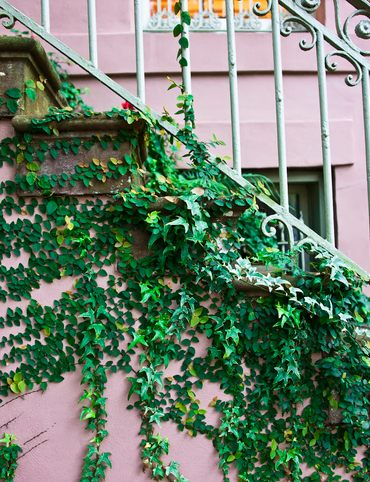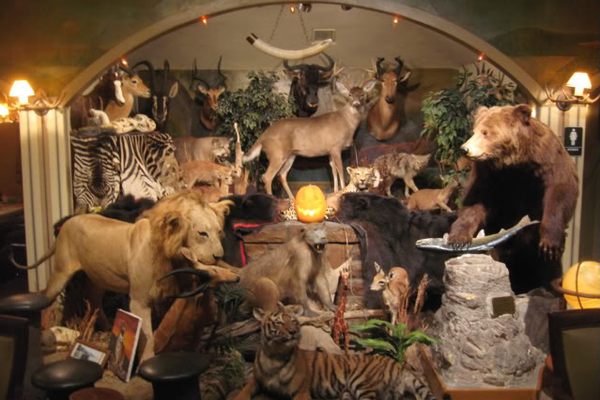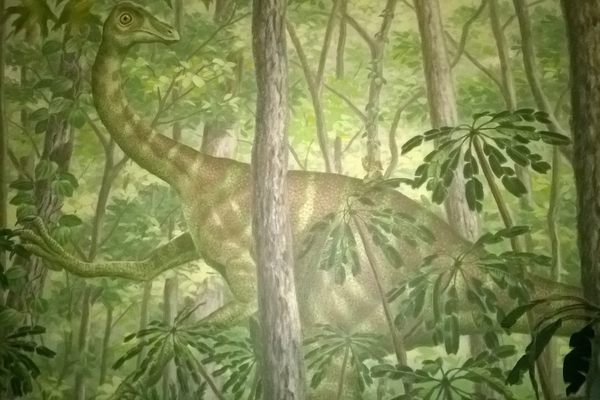From a wildlife-themed bar to a treehouse-inspired hotel, these Denver stops are the perfect warmup for your next visit to Colorado’s national parks.
A Denver Guide for National Park Lovers
If you want to explore Colorado’s wildest corners, you’ll first need to pass through Denver. Often called the gateway to the Mountain West, Denver is a portal to the rugged peaks, rolling sand dunes, and rippling aspen forests that lie beyond its doorstep. But this city isn’t just a stepping stone to adventure; it’s a worthwhile stopover in its own right. No Colorado visit is complete without a weekend in the Mile High City.
Before Colorado’s national parks existed, these landscapes played host to explorers, naturalists, fur trappers, and thriving Native American nations. All these people and cultures converged in Denver, bringing maps, plant and animal specimens, and profound environmental insights with them. Over the last 175 years, that rich knowledge transfer has turned Denver into a city that is deeply connected to the natural world. Today, the Denver Museum of Nature & Science contains some of the state’s earliest animal specimens, as well as fossils from the Colorado Rockies. Botany enthusiasts will want to tour Populus, the head-turning hotel that looks like an aspen tree, or visit the Denver Botanic Gardens to learn how researchers are preserving the nation’s rarest alpine flowers. More interested in the cultural history of our national parklands? Sample traditional recipes at Tocabe, a Native American restaurant that highlights Indigenous-grown food; or grab a drink at Buckhorn Exchange, a 19th-century bar once frequented by miners, fur traders, and presidents alike.
A city built by and for outdoorspeople, Denver is one of the best places on the planet to spark your curiosity before your adventure west. Here are eight of the best spots to prepare you for the outdoor experience of a lifetime.

1. Buckhorn Exchange
Established by one of Buffalo Bill’s right-hand riders, Buckhorn Exchange has been operating since 1893—and hasn’t changed much in that time. Over the years, the restaurant has served astronauts, mountaineers, Native American leaders, and presidents, including Theodore Roosevelt, the father of America’s National Park System. The Exchange’s signature Navy Bean Soup (a favorite of Roosevelt’s) is still on the menu today, as is a unique selection of wild game, from Rocky Mountain Oysters and marinated rattlesnake to juicy elk steaks and buffalo prime rib. That said, history isn’t the only thing that recommends this quirky tavern. There’s also the decor: the walls of the Exchange are lined with a playful menagerie comprised of more than 500 taxidermied animals, most of which are antique specimens of Colorado wildlife. The building also has a few secrets up its sleeve, including a secret passageway (now sealed off). During prohibition, patrons could flee into the passage during police raids to hide themselves—and any alcohol—until the coast was clear.
1000 Osage St, Denver, CO 80204
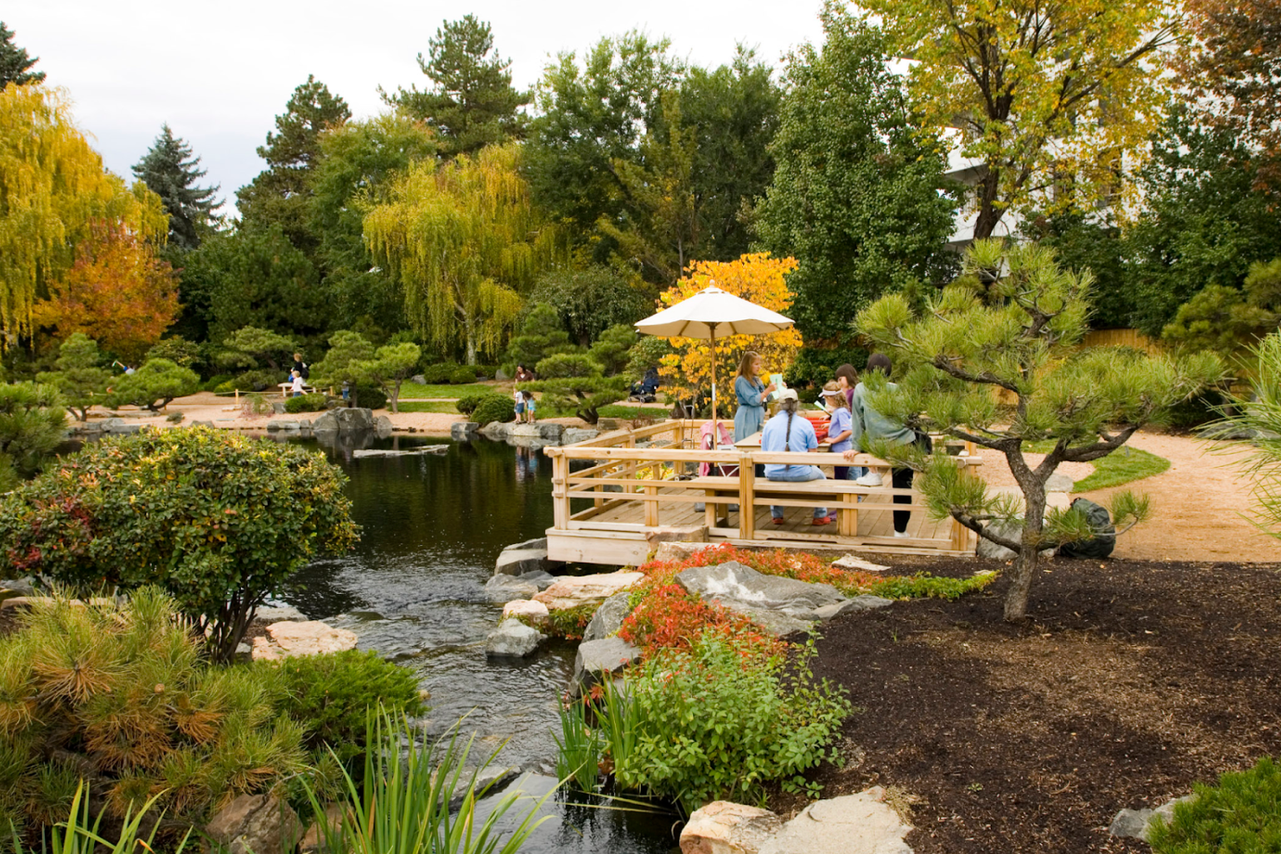
2. Denver Botanic Gardens
Famed for its extensive bonsai collection, rare orchids, and 10-foot-diameter lily pads, the Denver Botanic Gardens (DBC) is a sprawling maze of flora from all over the world. If you’re new to Colorado, this is also the perfect place to get a handle on the types of vegetation you’ll see out in the wild: DBC hosts an astonishing collection of native blooms. The garden works on the front lines of local plant conservation, as well. It operates a research plot of fragile alpine herbs and flowers on top of nearby Mt. Blue Sky, and it works with Rocky Mountain National Park to track down rare plants and collect seeds for restoration work. Visit in July or August when the garden is in full bloom. If you can, get there early: DBC hosts morning yoga classes in the garden all summer long.
1007 York St, Denver, CO 80206
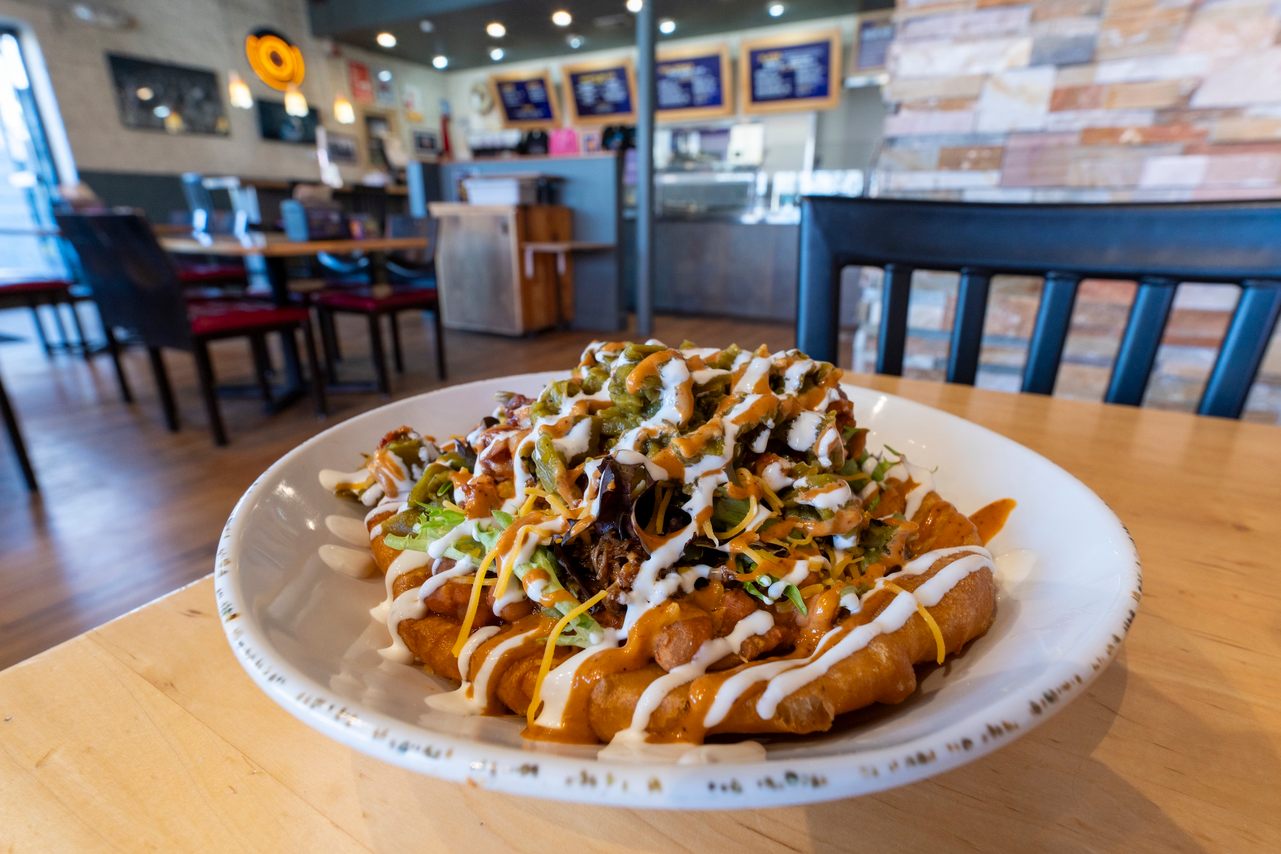
3. Tocabe
When Ben Jacobs co-founded Tocabe 17 years ago, he had no idea that sharing his family’s traditional Osage recipes would propel his tiny restaurant to nationwide fame. But today, Tocabe—one of the nation’s first American Indian eateries—is both a culinary thought leader and a hometown favorite. Try the bison ribs with blueberry BBQ sauce, a sweet and succulent signature dish (and one of Jacobs’s favorites). Like most of Tocabe’s ingredients, both the blueberries and the bison are home-grown by Indigenous Tribes; in fact, the restaurant sources nearly all of its ingredients and recipes from Native communities across the U.S. “A huge part of what we do is support Native food production,” Jacobs says. “We’re creating opportunities for our farmers and ranchers—our caretakers of the land and water.” Much of the menu draws inspiration from Colorado’s original residents, including the Ute Mountain Ute, Arapahoe, and Osage Nations. Tocabe’s Indian corn and blue corn, for example, come from Ute Mountain Ute growers near Mesa Verde National Park, and its bison meat comes from Rock River Ranch near Colorado’s Pawnee National Grassland.
3536 W 44th Ave, Denver, CO 80211
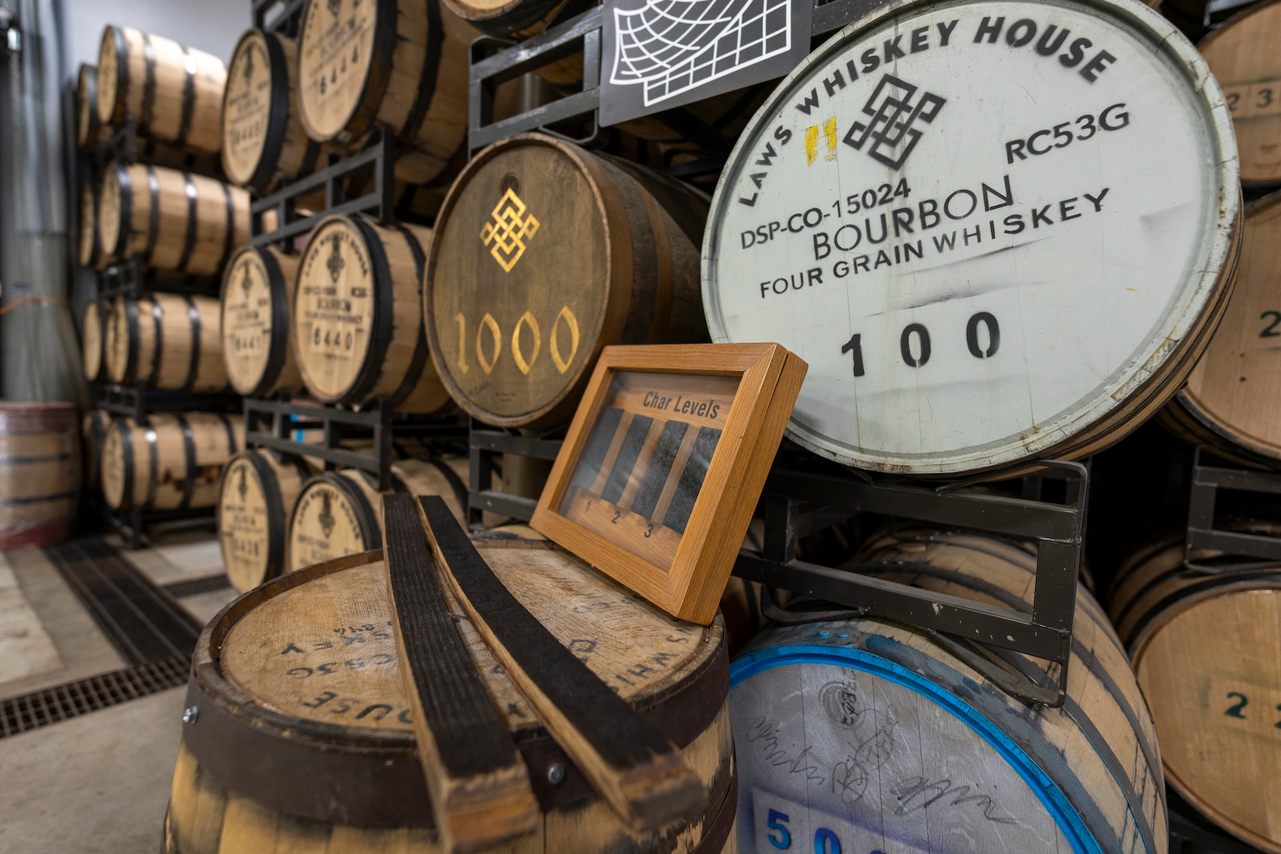
4. Laws Whiskey
Attend a camping, climbing, or rafting trip in Colorado, and you’re pretty much guaranteed to see at least one flask of whiskey making its rounds at the campfire. But while many folks already consider whiskey the adventurer’s beverage, Laws Whiskey House takes things a step further. The distillery—located in Denver’s South Broadway neighborhood—produces a bourbon specifically designed to protect the places where Coloradans play. Laws crafts its Headwaters Bourbon with Rocky Mountain snowmelt and donates the proceeds to the Shoshone Water Rights Project to help conserve the Upper Colorado River. The conservation connection makes sense: Laws relies on the Colorado River to make its whiskey, and on the surrounding landscape for that whiskey’s unique taste. “We use exclusively Colorado grain from two family farms,” says Laws CFO Peyton Mason. “The San Luis Valley, where our wheat, rye, and barley are grown, is one of the highest agricultural regions in the world and is on an ancient sea bed, which imparts a unique salinity from the soil as well as very rich, intense grain notes.” It’s truly the taste of Colorado.
80 W Arkansas Ave, Denver, CO 80223
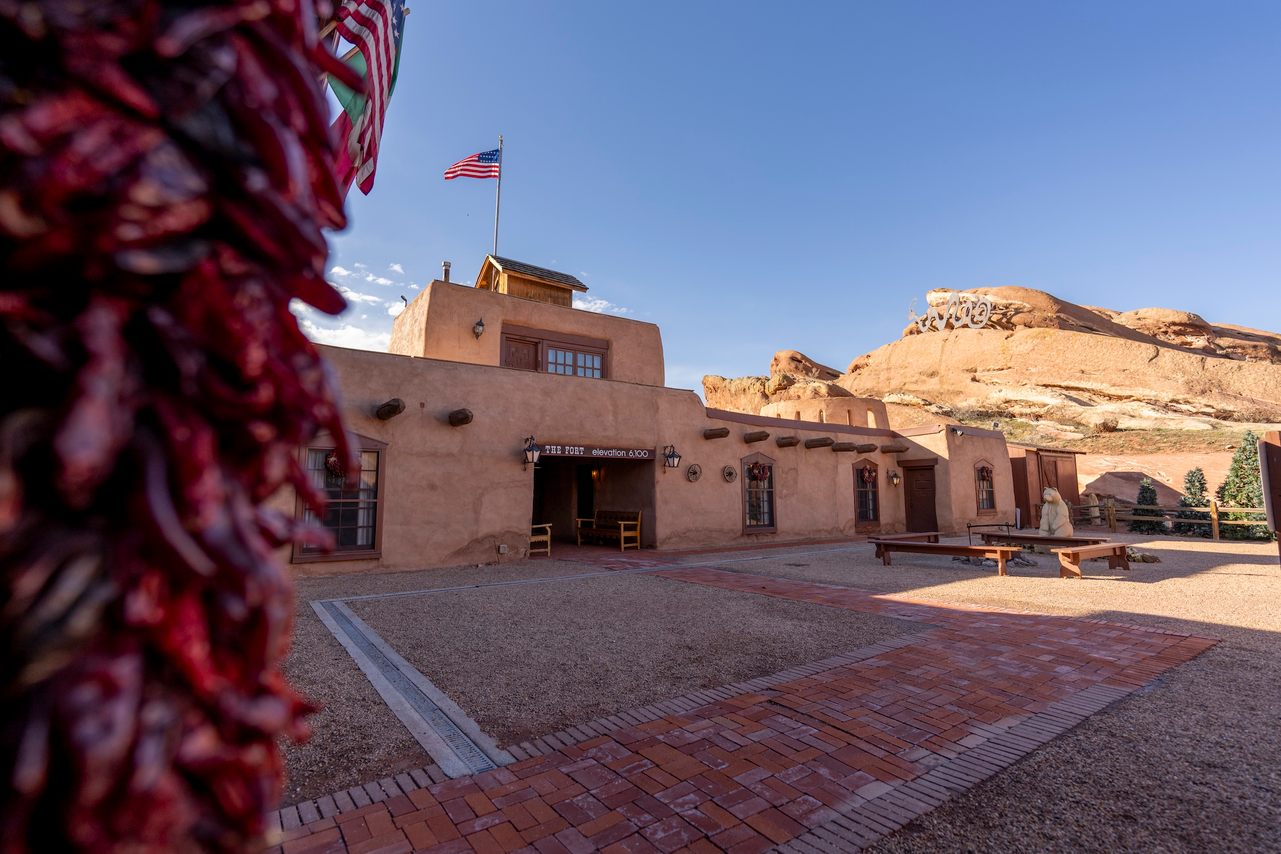
5. The Fort
Before you head into the mountains, fuel up the way Colorado’s original explorers did. The Fort restaurant was built in the 1960s by a family of historians who wanted to serve visitors a taste of the Old West. First, they hired adobe artisans to create an exact replica of an 1830s trading post. “Then my mother hired antiquarians to collect rare cookbooks and historic Western diaries so she could research what they ate in the 1830s,” says Holly Arnold Kinney, daughter to the founders and the restaurant’s current owner. A number of those recipes—including Rocky Mountain oysters, buffalo bone marrow, and buffalo tongue—made it onto the menu and are still there today. (Kinney also recommends the Gonzalez Steak, a bison tenderloin bathed in green chile that The Fort has been serving since 1960.) Try to time your visit to coincide with one of the Fort’s many workshops, Indigenous art showcases, or historic lectures, and be sure to linger: the restaurant is located on a 50-acre swath of prairie, and the sunsets here are otherworldly.
19192 CO-8, Morrison, CO 80465
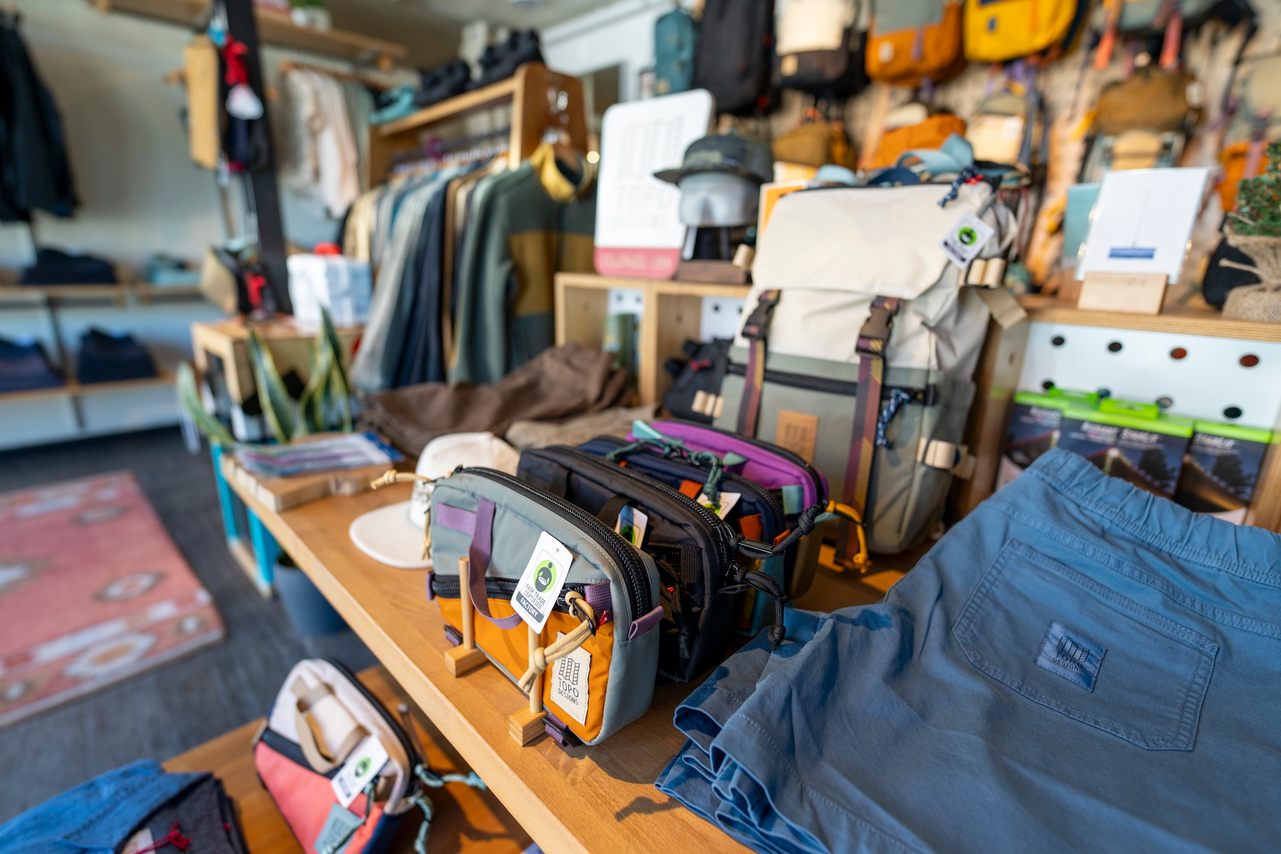
6. Topo Designs
Once you start looking for Topo Designs gear, you’ll start to see it on everyone. This Colorado-based outdoor apparel company was founded by a pair of Colorado State University alumni in 2008, and it has since become one of the region’s most beloved brands—particularly among hikers and campers. One of the reasons is Topo’s playful yet functional approach to design. The other is its commitment to sustainability. Most products include recycled material and organic cotton, and Topo’s national park-branded packs and apparel help support the National Park Service. The brand also holds regular volunteer events to help maintain trails around Rocky Mountain National Park. Want to be part of the club? Stop by Topo’s Larimer Street flagship store to get outfitted with Colorado-made gear ahead of your next hike or camping trip.
2500 Larimer St, Denver, CO 80205
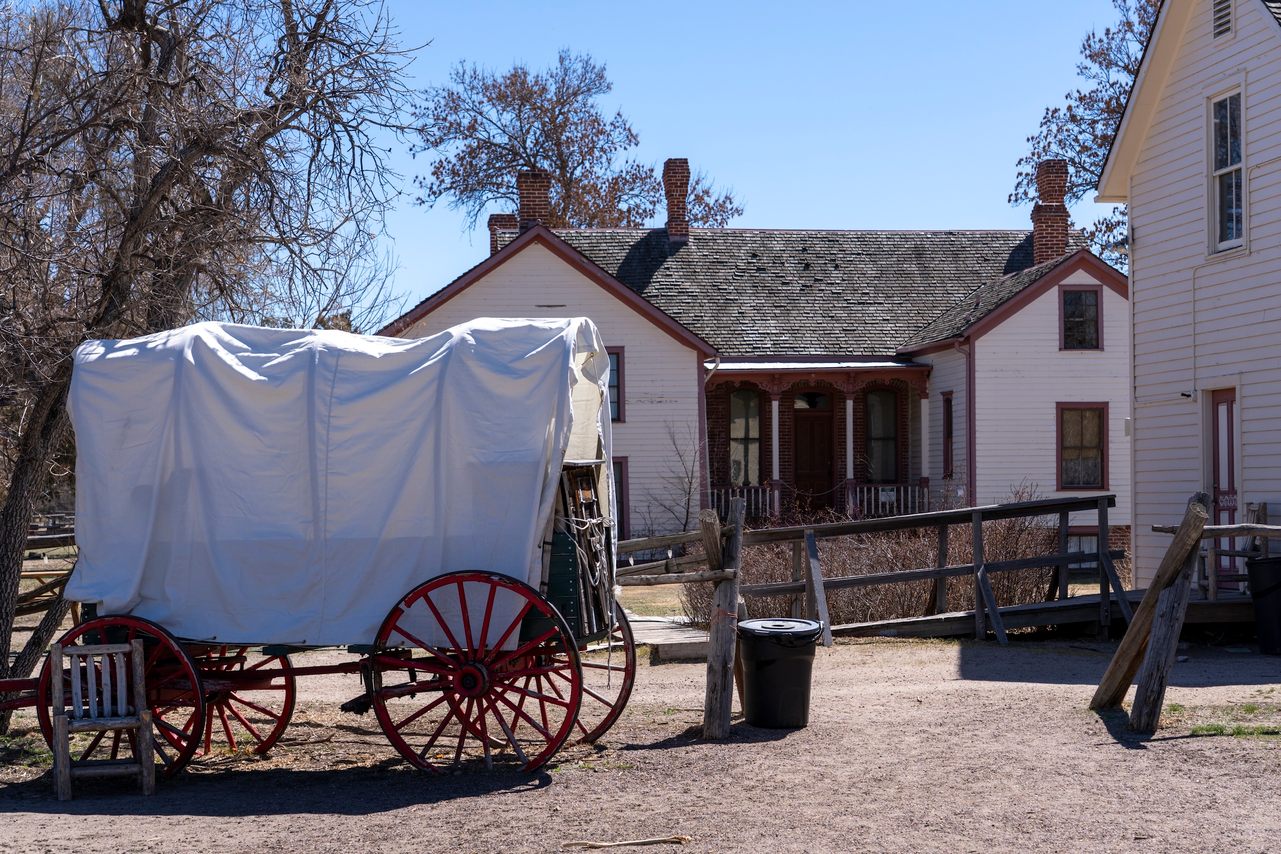
7. Four Mile Historic Park
If you’re headed to or from Great Sand Dunes National Park, this South Denver gem is a worthy road trip stop. Stretch your legs by exploring the grounds of Four Mile Historic Park, a 160-year-old homestead and near-perfect replica of what life would have been like on the Front Range around the time of the national parks’ founding. The working farm sits right alongside the historic path of the Cherokee Trail, once an Indigenous trade route and later a wagon path that ran north to Wyoming. As a nod to that history, the park works with Spirit of the Sun, a local Indigenous community group, to inform its dazzling garden of native plants. Arrive between 11:00 AM and 3:00 PM for a tour during the park’s open days, or come in the evening to catch some twilight tunes at Four Mile’s summer concert series.
715 S Forest St, Denver, CO 80246

8. Leprino Atrium
Here’s a local’s secret: You can catch some of the best mountain views in the whole city from the roof of the Denver Museum of Nature & Science. The museum’s west-facing Leprino atrium boasts three floors of wall-to-ceiling glass windows, but for the best vista, head straight to the top: the rooftop terrace offers unobstructed views of City Park, the Front Range, and 14,259-foot Longs Peak. Get an eyeful (and use the handy diagrams to identify the peaks in your view) before heading downstairs. There, you’ll find exhibits on local wildlife, ancient fault lines, dinosaur bones, and the world’s oldest fossilized bean. (While you’re there, keep an eye out for a few of the museum’s easter eggs: painted elves concealed amid the wildlife dioramas.)
2001 Colorado Blvd, Denver, CO 80205
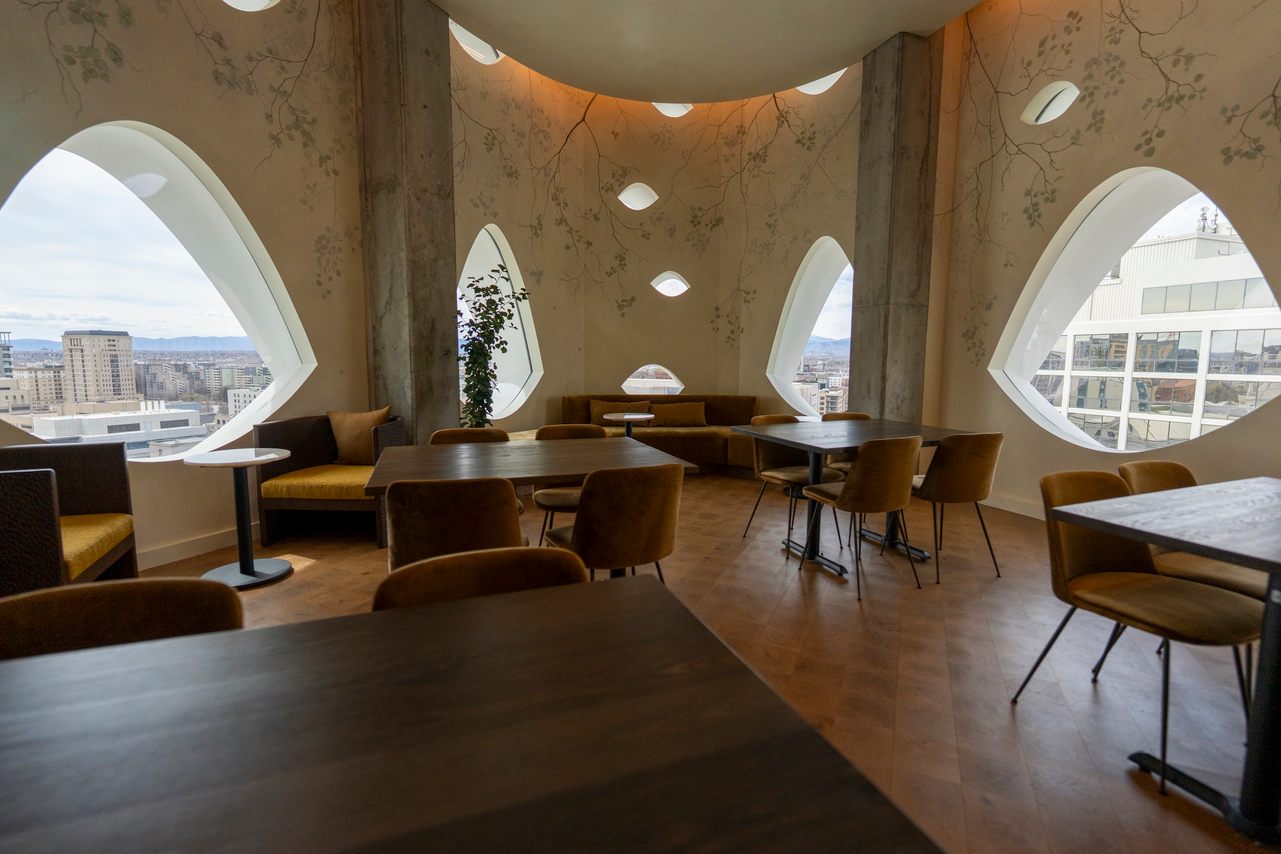
9. Populus Hotel
It’s not hard to see why there’s so much buzz around Denver’s newest luxury hotel: for starters, it’s built to look like an aspen trunk with dark, arched windows set in an alabaster facade. But the nature motif doesn’t stop there. The rooms are decorated with pressed native wildflowers. The hotel’s in-house restaurant, named Pasque after Colorado’s first spring bloom, relies on quintessential Colorado ingredients like trout, cherry, lamb, and peaches. Even the elevator music is composed of aspen forest sounds collected by a local sound artist. But best of all is the restaurant’s eco-conscious mission: it plants a tree on Colorado’s Western Slope for every nightly booking, and thanks to its use of renewable energy and sustainable materials, it has become Colorado’s first carbon-positive hotel.
240 14th St, Denver, CO 80202
Sponsored by Visit Denver. Click here to explore more.

Gastro Obscura’s 11 Essential Places to Eat and Drink in Bangkok
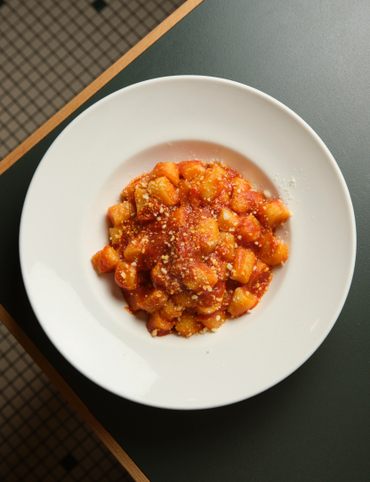
Gastro Obscura’s 10 Essential Places to Eat and Drink in Rome
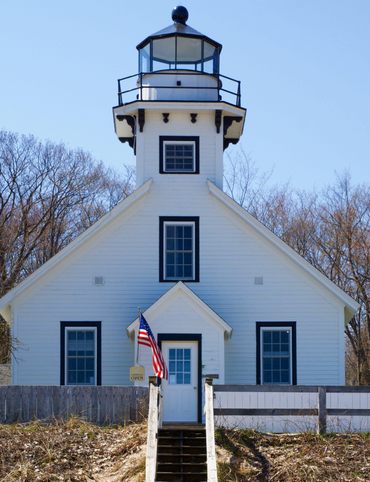
The Explorer’s Guide to Road Tripping Around the Great Lakes

10 National Parks That Are Perfect for a Road Trip
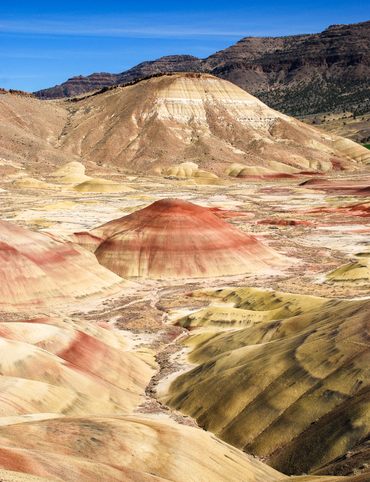
10 Out-of-This-World Places You Can Reach in Your Car
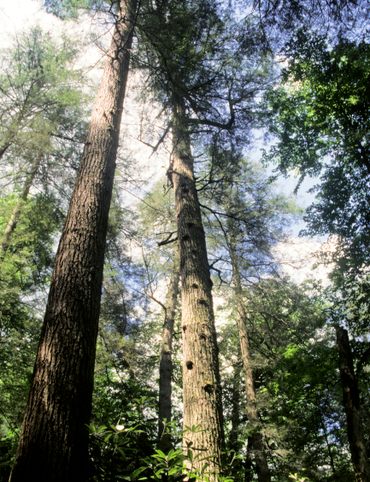
The Explorer’s Guide to Road Tripping Around Appalachia
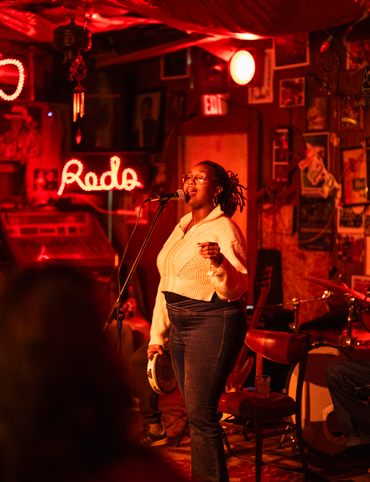
The Explorer’s Guide to Road Tripping Down Highway 61
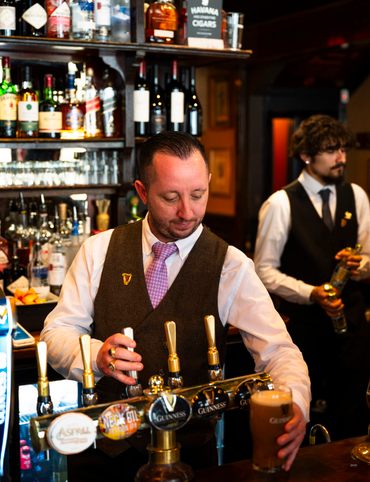
Gastro Obscura’s 10 Essential Stops on an Alternative London Pub Crawl
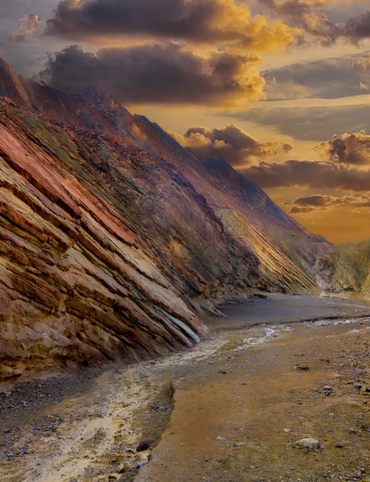
The Explorer’s Guide to Joshua Tree National Park
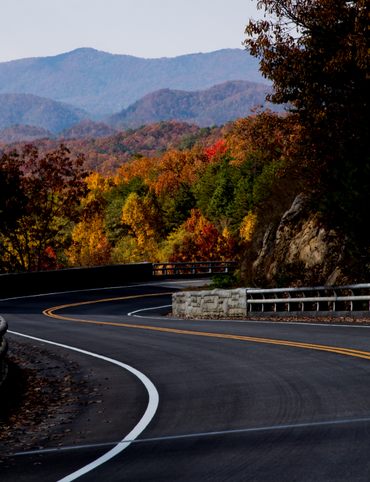
The Explorer’s Guide to the Great Smoky Mountains National Park
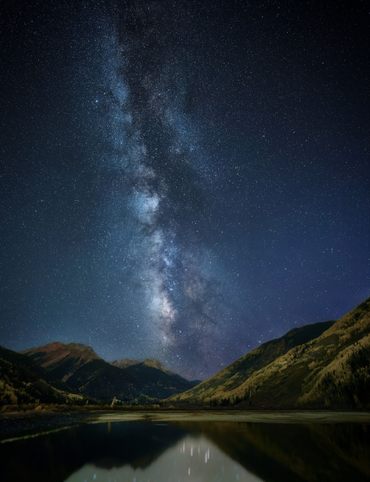
Cosmic Colorado: A Stargazer’s Guide to the Centennial State
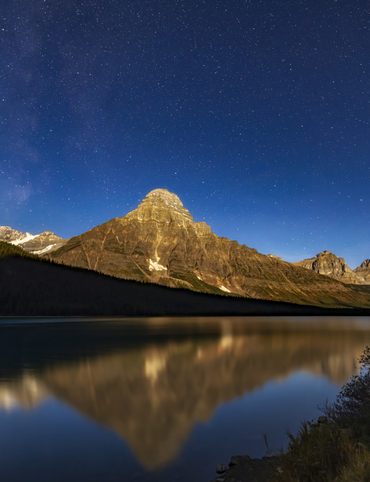
The Explorer’s Guide to Banff National Park

10 Wild Places That Define West Virginia’s Landscape
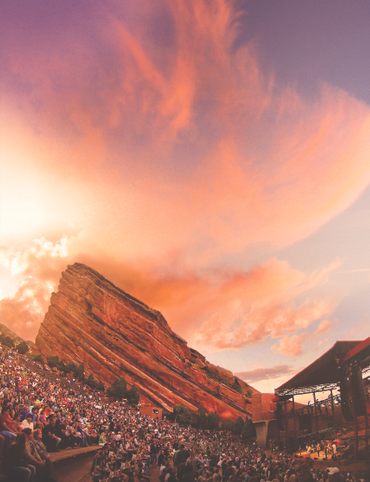
The Ultimate Guide to Hidden Red Rocks: 10 Secret Passageways, Artifacts, and Ghost Stories
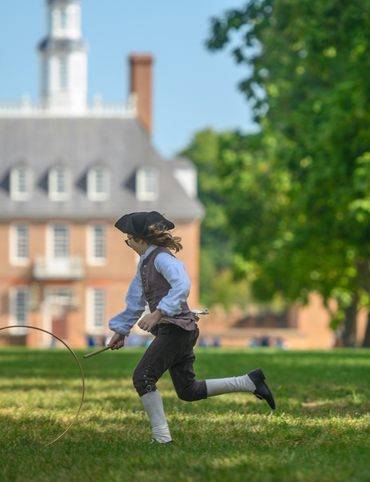
The Explorer’s Guide to Williamsburg, Virginia
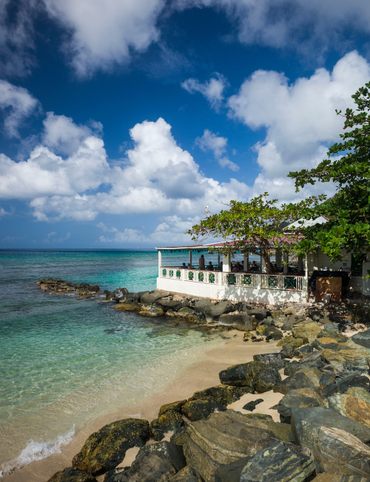
The Explorer’s Guide to the British Virgin Islands
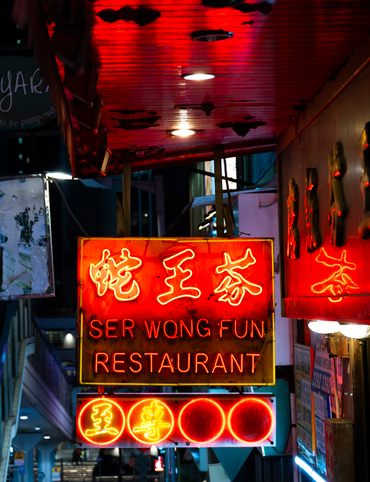
Gastro Obscura’s 10 Essential Places to Eat, Drink, and Shop in Hong Kong
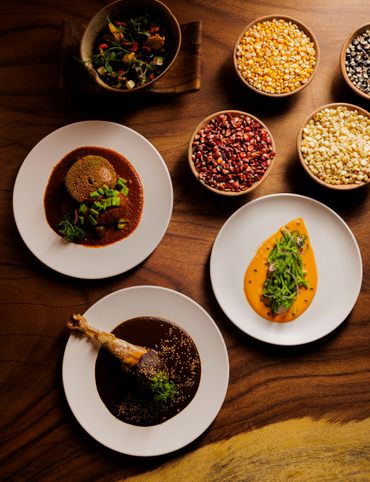
Gastro Obscura’s 10 Essential Places to Eat and Drink in Oaxaca
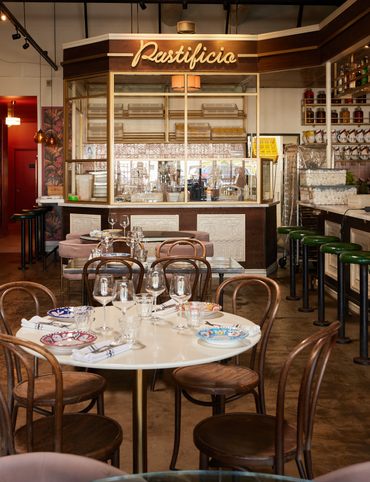
A Gastro Obscura Guide to Family-Friendly Dining in San Diego

The Explorer’s Guide to Outdoor Wonders In Maryland
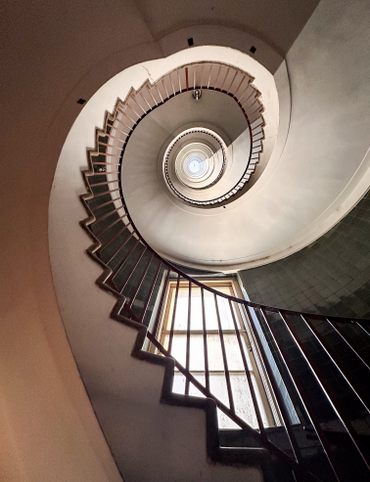
The Secret Lives of Cities: Ljubljana

From Cigar Boom to Culinary Gem: 10 Essential Spots in Ybor City
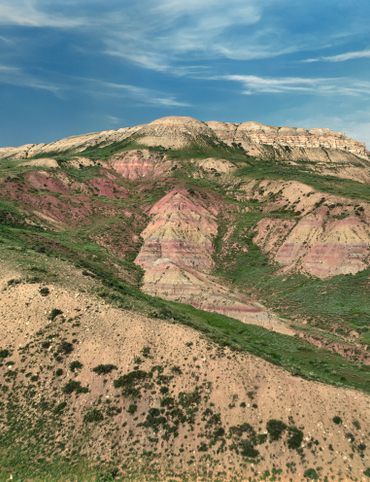
The Explorer’s Guide to Wyoming’s Captivating History

A Nature Lover’s Guide to Sarasota: 9 Wild & Tranquil Spots
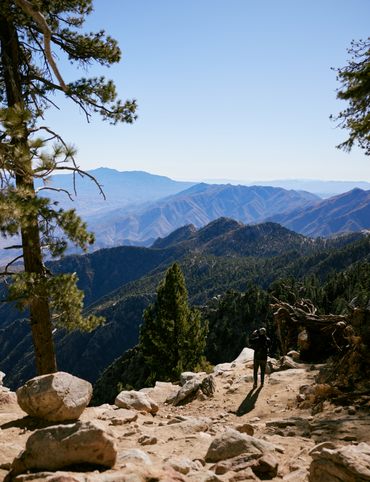
California’s Unbelievable Landscapes: A Guide to Nature’s Masterpieces
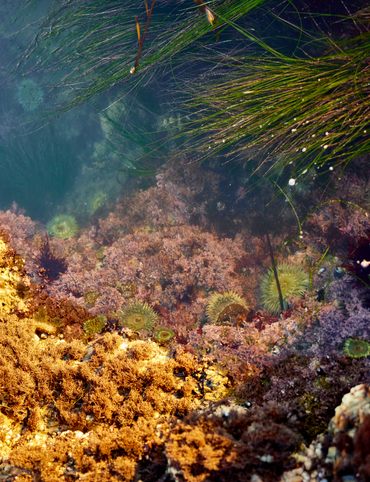
The Ultimate California Guide to Tide Pools and Coastal Marine Life

Explore California on Foot: Nature’s Year-Round Playground
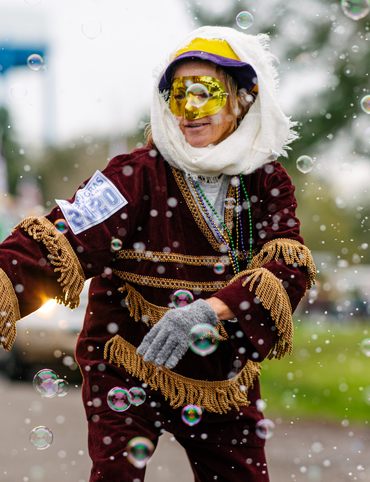
Mardi Gras 9 Ways: Parades, Cajun Music, And Courirs Across Louisiana
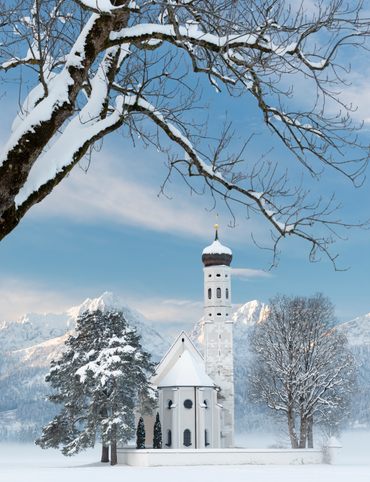
The Explorer’s Guide to Winter in Germany
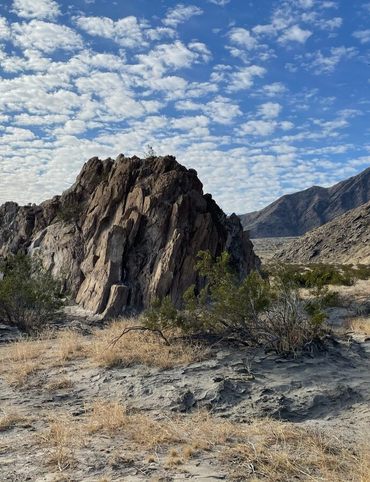
Ancient California: A Journey Through Time and Prehistoric Places

The Wildest West: Explore California’s Ghost Towns and Gold Fever Legacy
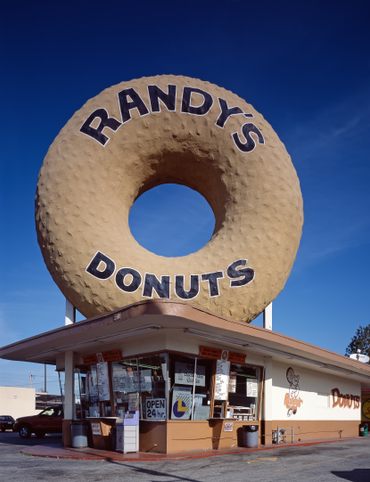
Sweet California: A Culinary Guide to Tasty Treats Across the State

Sea of Wonders: An Itinerary Through California’s Stunning Shoreline
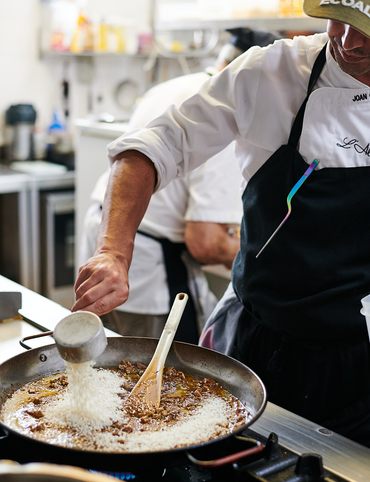
10 Places to Taste Catalonia’s Gastronomic Treasures

Atlas Obscura’s Guide to Palm Springs
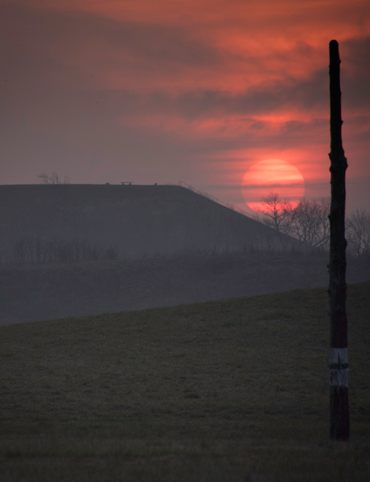
Atlas Obscura’s Guide to the 10 Most Mystifying Places in Illinois
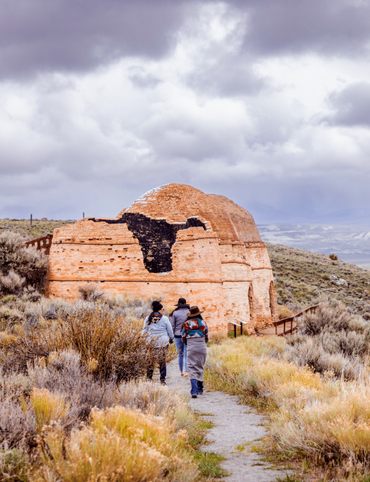
10 Fascinating Sites That Bring Idaho History to Life
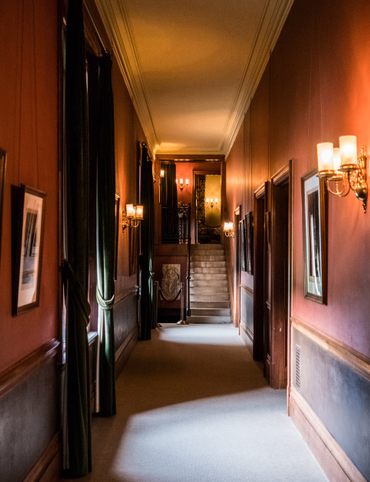
North Carolina's Paranormal Places, Scary Stories, & Local Haunts
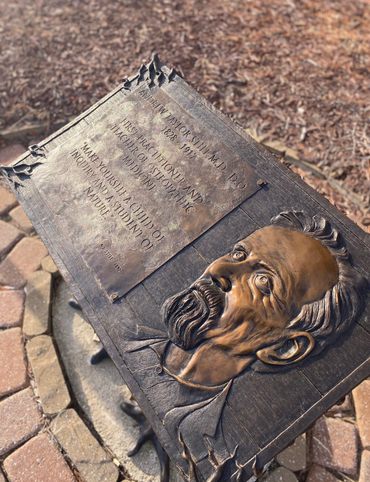
Exploring Missouri’s Legends: Unveiling the Stories Behind the State’s Iconic Figures
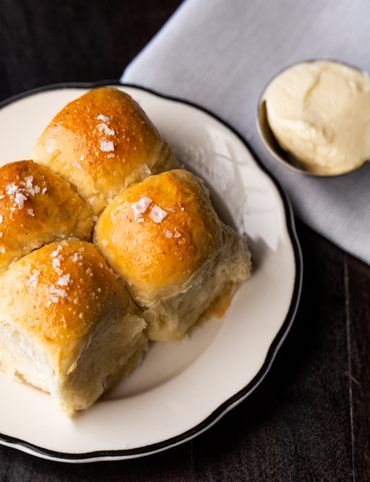
These Restaurants Are Dishing Out Alabama’s Most Distinctive Food
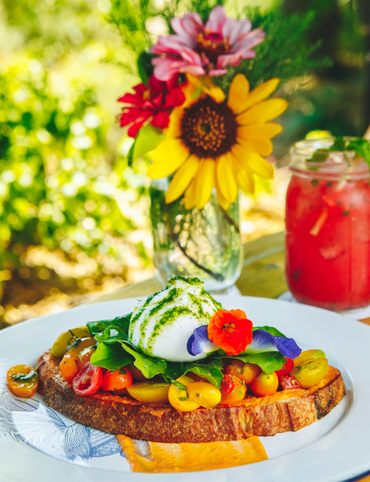
A Gastro Obscura Guide to Los Cabos
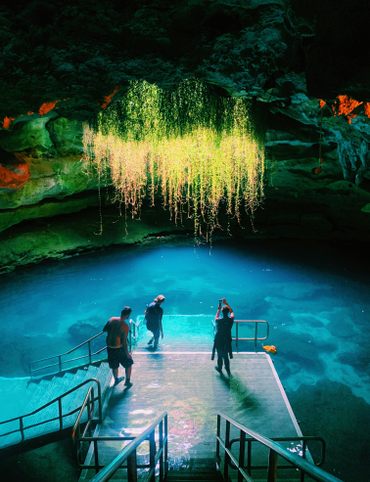
9 Watery Wonders on Florida’s Gulf Coast
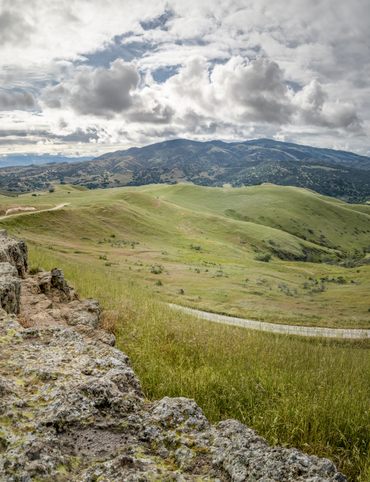
Discover the Surprising and Hidden History of Monterey County

Gastro Obscura’s Guide to Eating Your Way Through Charlotte
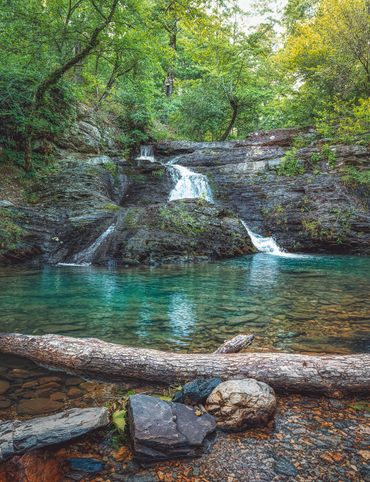
Talimena Scenic Byway: 6 Essential Stops for Your Arkansas Road Trip

9 Amazing Arkansas Adventures Along the Scenic 7 Byway
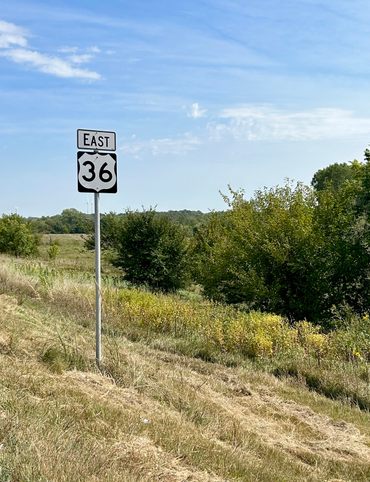
The Explorer's Guide to Highway 36: The Way of American Genius
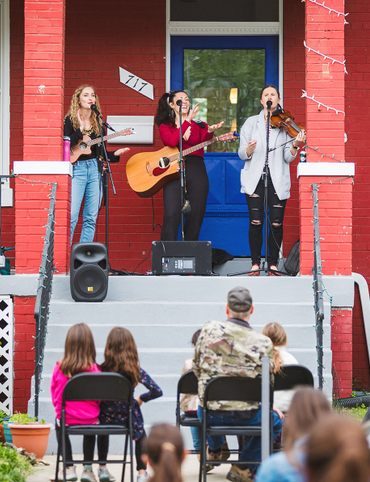
A Behind-the-Scenes Guide to DC’s Art and Music
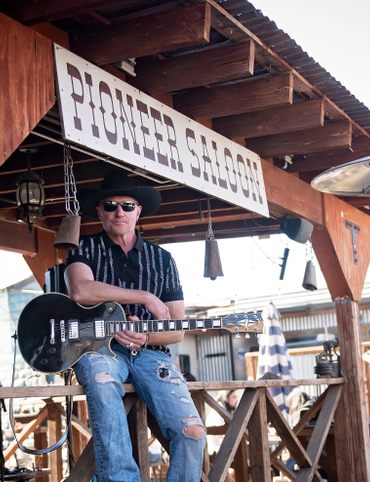
9 Places Near Las Vegas For a Different Kind of Tailgate
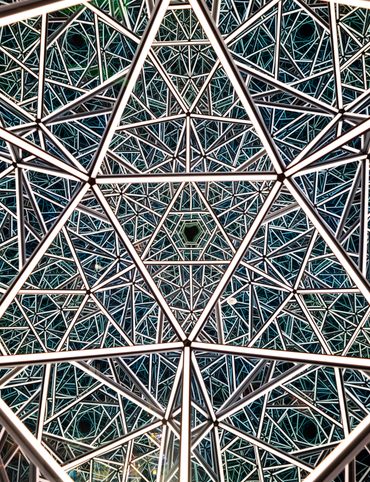
10 Places to See Amazing Art on Florida's Gulf Coast

8 Reasons Why You Should Visit the Bradenton Area

A Music Lover’s Guide to New Orleans
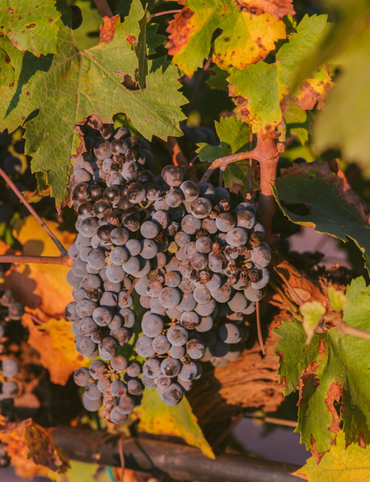
Gastro Obscura’s Guide to Sipping Wine in Catalonia
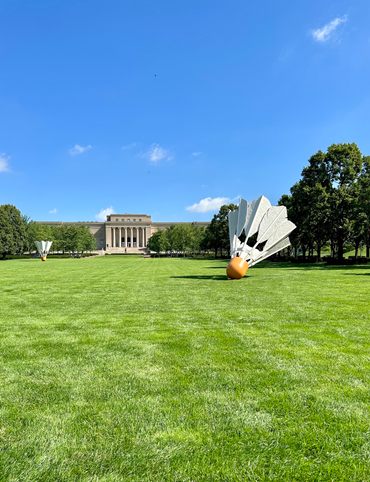
9 Hidden Wonders in the Heart of Kansas City

10 Unexpected Delights of Vermont's Arts and Culture Scene
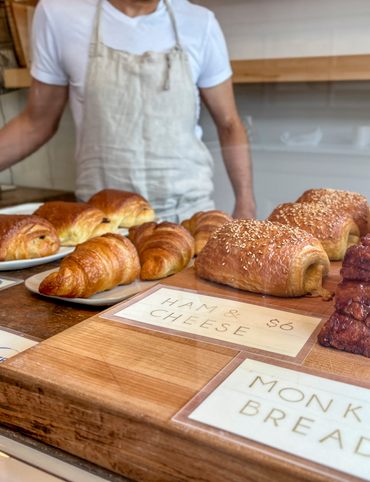
Gastro Obscura’s Guide to Eating Through Maine
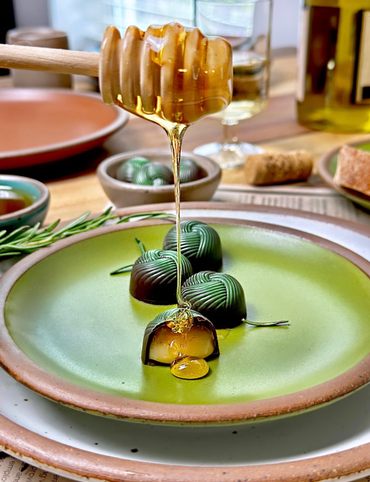
The Gastro Obscura Guide to Asheville Area Eats
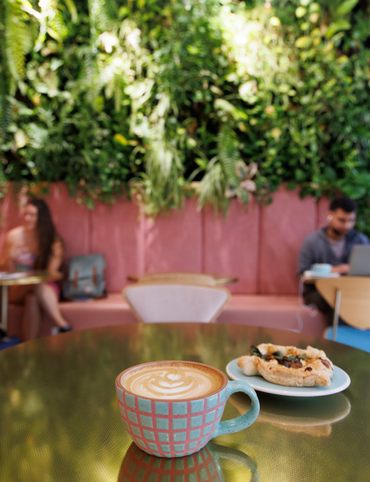
Gastro Obscura’s Guide to St. Pete/Clearwater
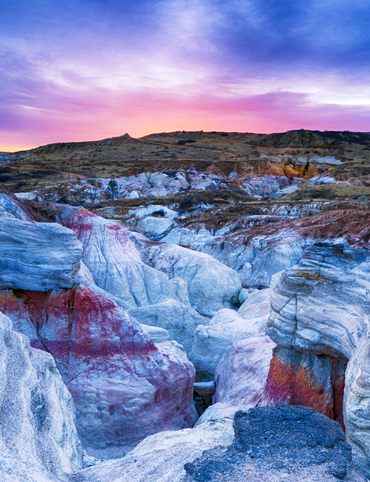
9 Hidden Wonders in Eastern Colorado
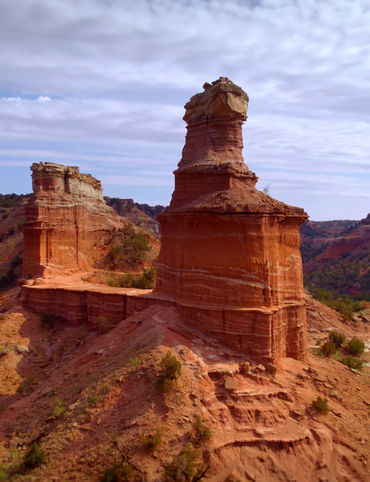
7 Places to Experience Big Wonder in Texas
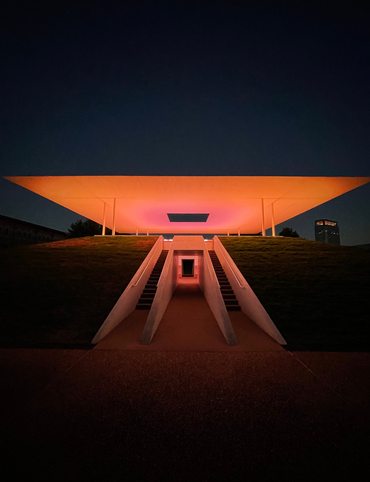
8 Out-There Art Destinations in Texas

6 Ways To See Texas Below the Surface

9 Places to Dive Into Fresh Texas Waters
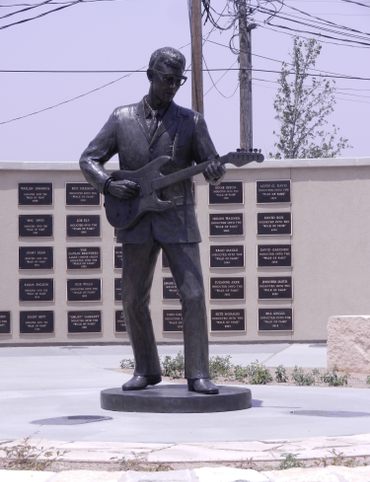
7 Ways to Explore Music (and History) in Texas
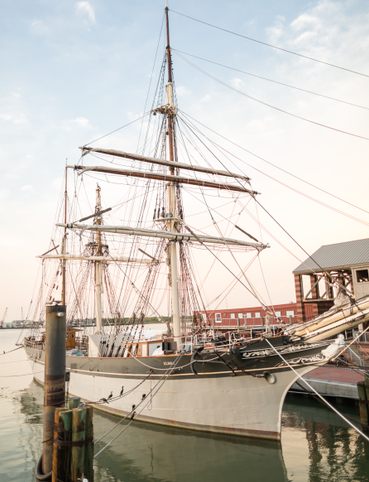
8 Ways to Discover Texas’ Rich History

The Explorer’s Guide to the Northern Territory, Australia
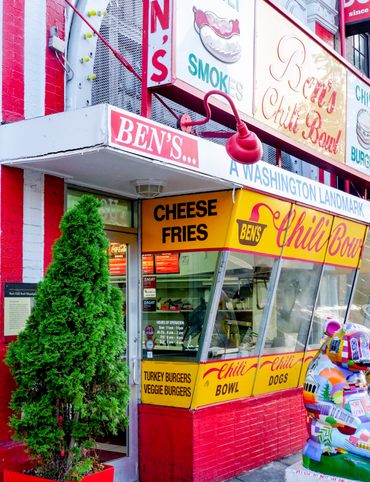
The Explorer's Guide to U Street Corridor
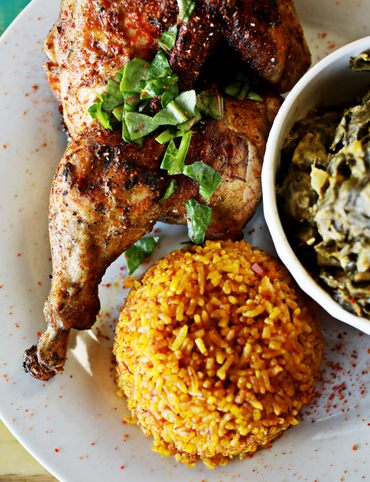
Gastro Obscura Guide to Southern Eats
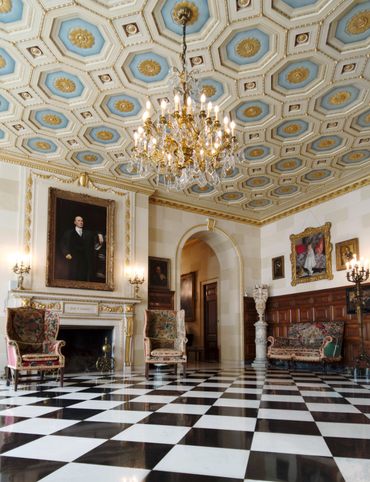
Only In Delaware
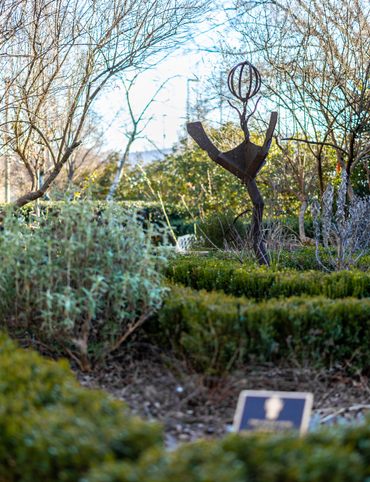
The Secret History & Hidden Wonders of Charlotte, North Carolina
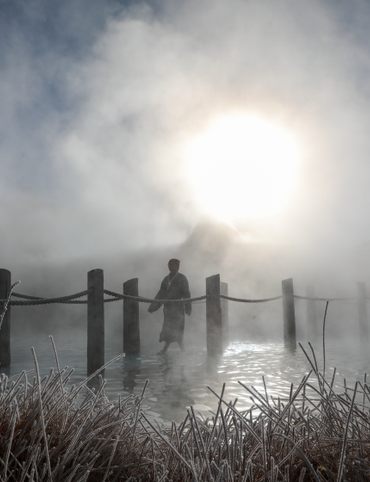
Exploring Colorado's Historic Hot Springs Loop
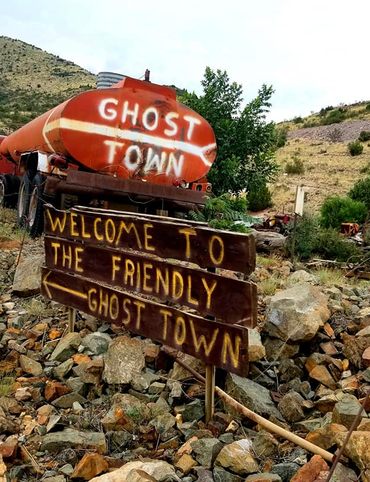
These 8 Arizona Ghost Towns Will Transport You to the Wild West
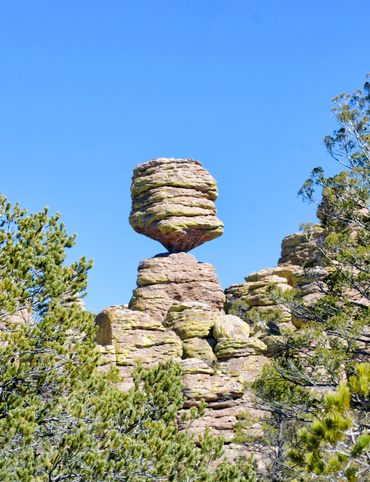
A Guide to Arizona’s Most Striking Natural Wonders
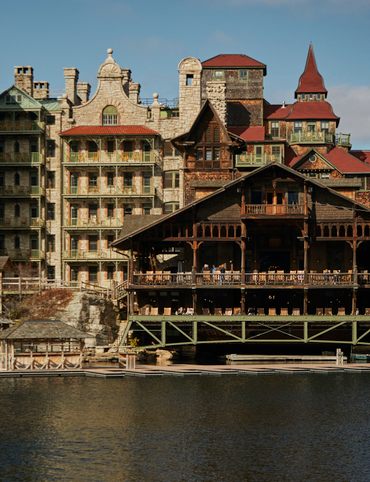
The Explorer's Guide to Hudson Valley, New York

Discover the Endless Beauty of the Pine Tree State

Travel to New Heights Around the Pine Tree State

8 Historical Must-Sees in Granbury, Texas
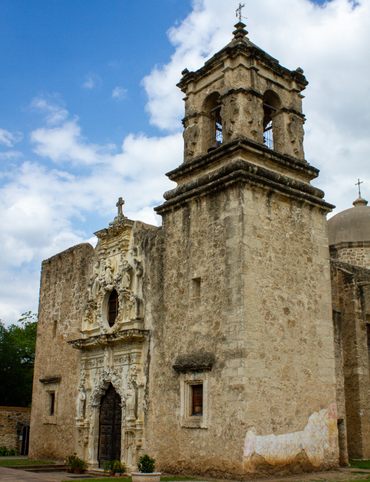
7 Creative Ways to Take in San Antonio’s Culture
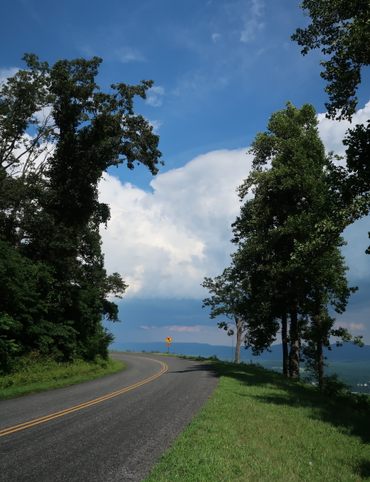
Eat Across the Blue Ridge Parkway
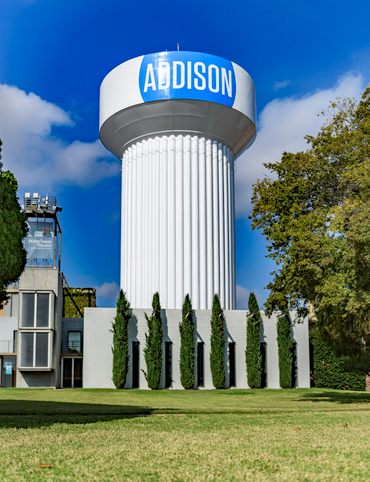
6 Ways to Absorb Addison, Texas’ Arts and Culture

6 Ways to Take in the History of Mesquite, Texas
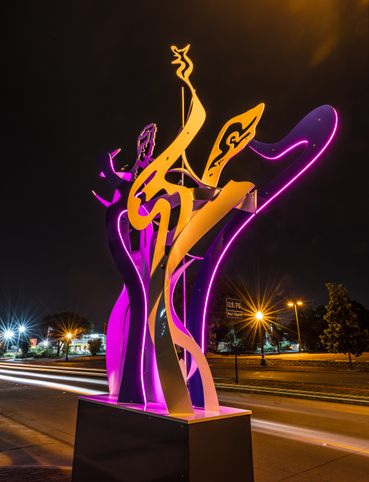
6 Ways to Soak Up Plano’s Art and Culture
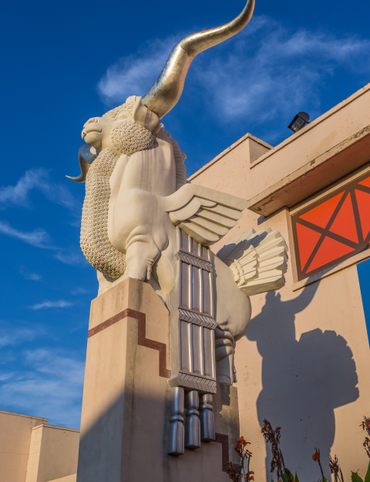
9 Dallas Spots for Unique Art and Culture
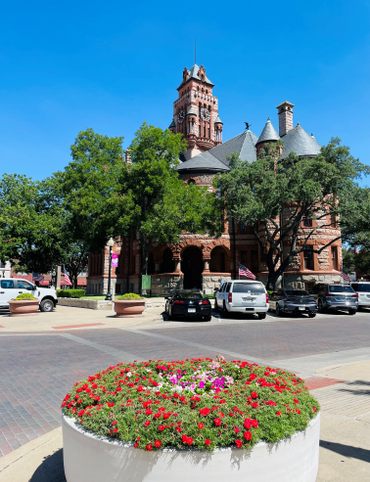
7 Sites of Small-Town History in Waxahachie, Texas
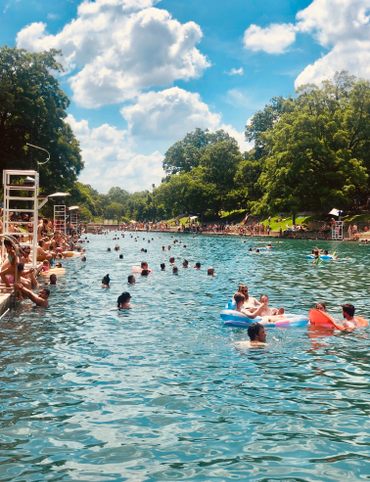
6 Natural Wonders to Discover in Austin, Texas
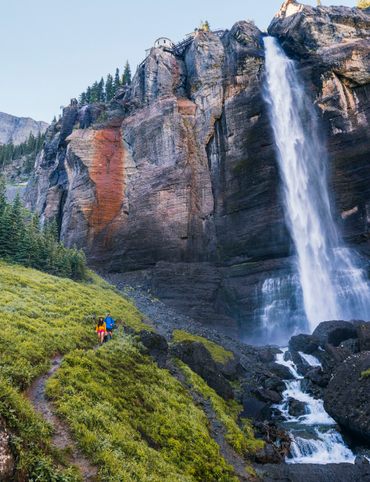
Discover the Secrets of Colorado’s Mountains and Valleys
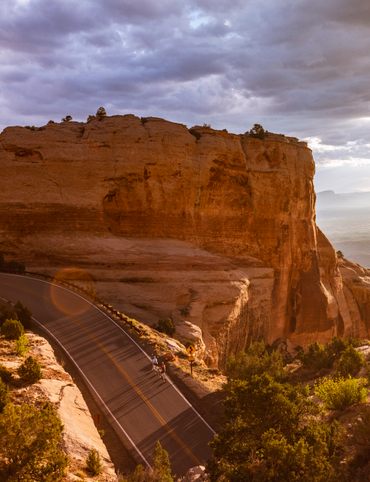
A Road Trip Into Colorado’s Prehistoric Past
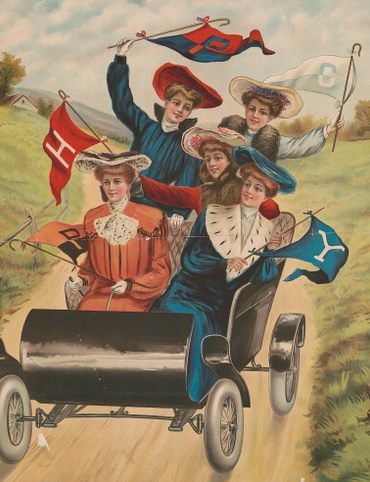
A Feminist Road Trip Across the U.S.
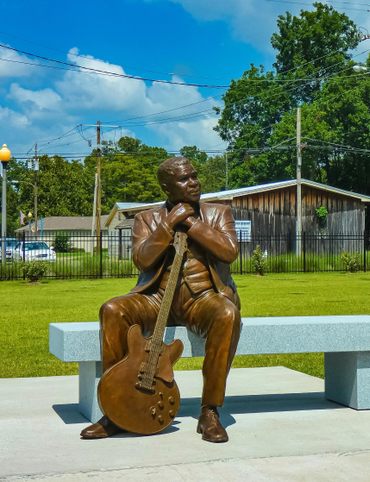
All Points South
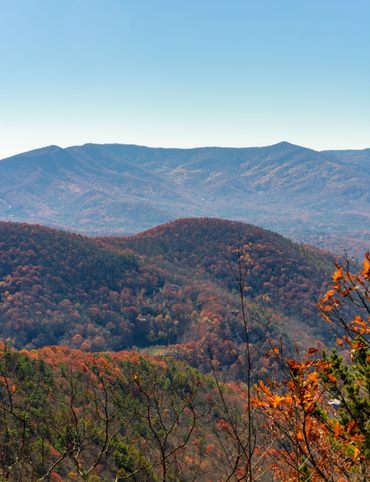
Asheville: Off the Beaten Path
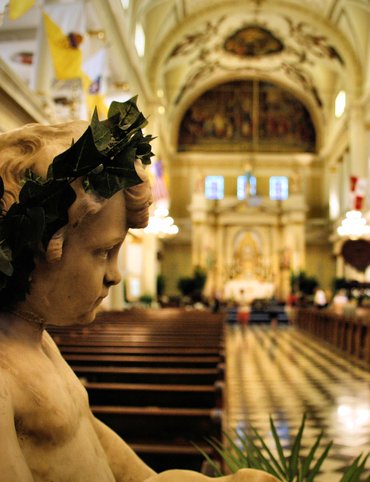
Restless Spirits of Louisiana
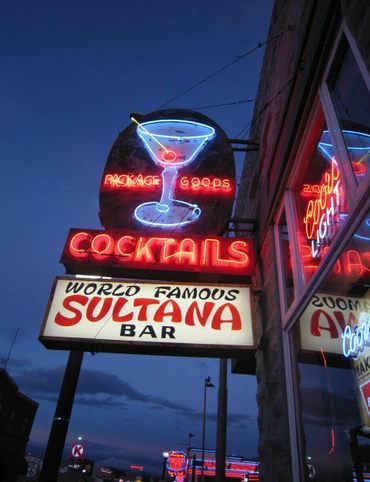
Eat Across Route 66
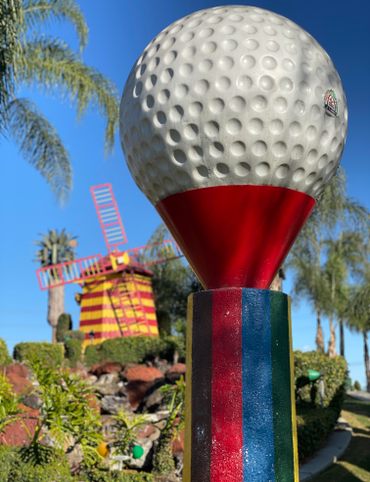
18 Mini Golf Courses You Should Go Out of Your Way to Play

4 Underwater Wonders of Florida
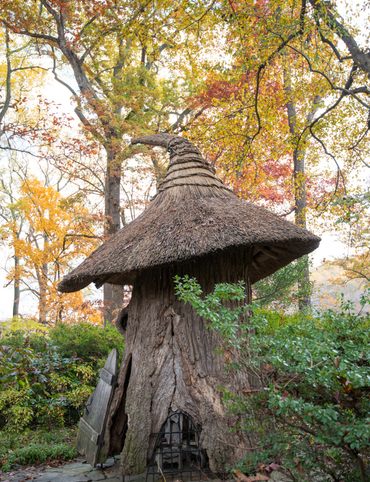
6 Spots Where the World Comes to Delaware

Study Guide: Road Trip from Knoxville to Nashville
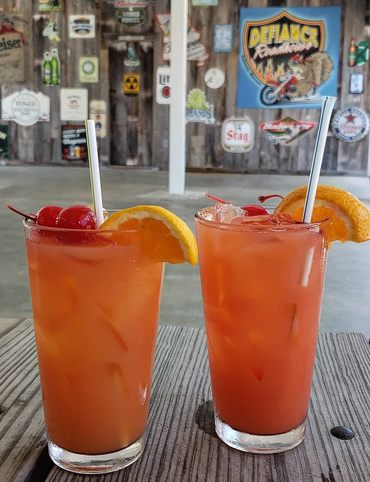
6 Wondrous Places to Get Tipsy in Missouri
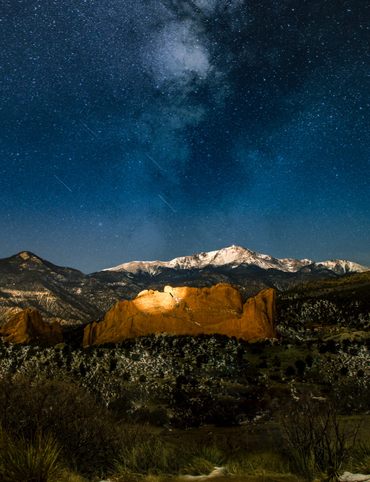
Rogue Routes: The Road to Pikes Peak

Rogue Routes: The Road to Carhenge
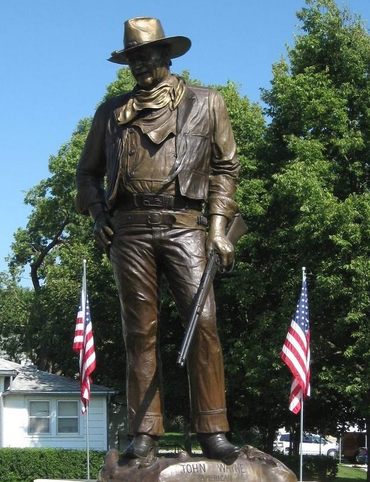
4 Pop-Culture Marvels in Iowa

7 Stone Spectacles in Georgia

6 Stone-Cold Stunners in Idaho
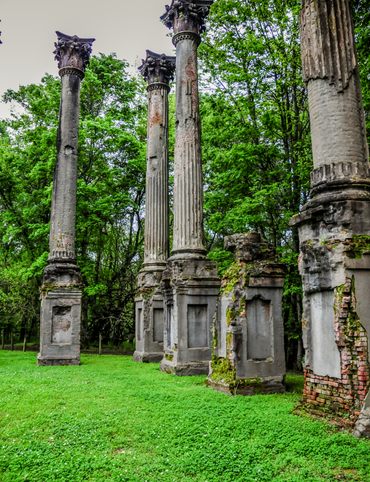
8 Historic Spots to Stop Along Mississippi's Most Famous River
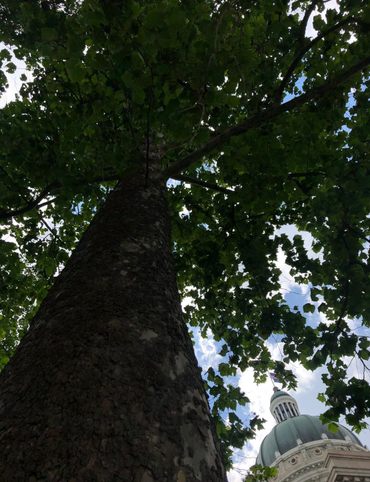
5 Incredible Trees You Can Find Only in Indiana
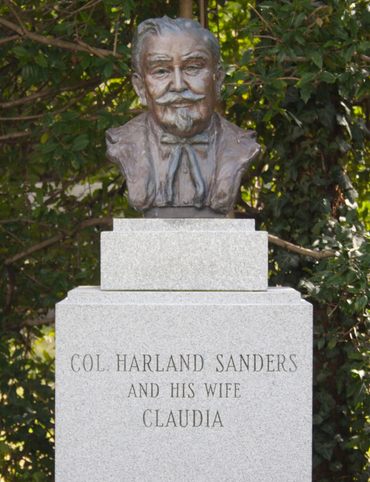
5 Famous and Delightfully Obscure Folks Buried in Kentucky

4 Wacky Wooden Buildings in Wyoming
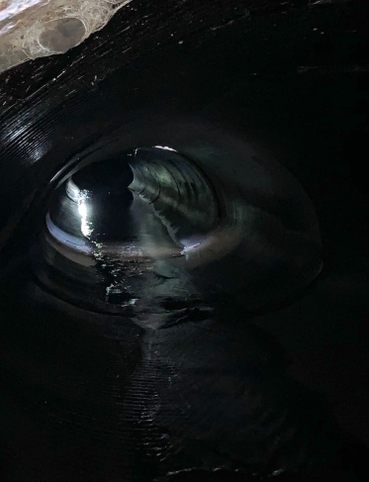
7 Spots to Explore New Jersey’s Horrors, Hauntings, and Hoaxes
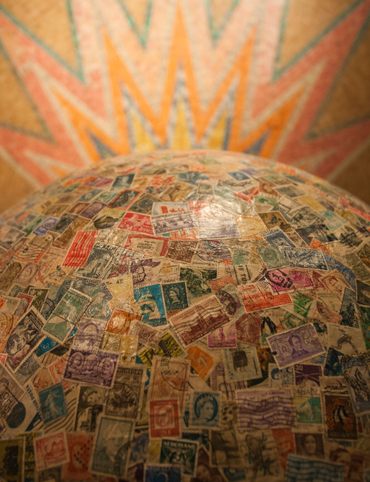
4 Out-There Exhibits Found Only in Nebraska
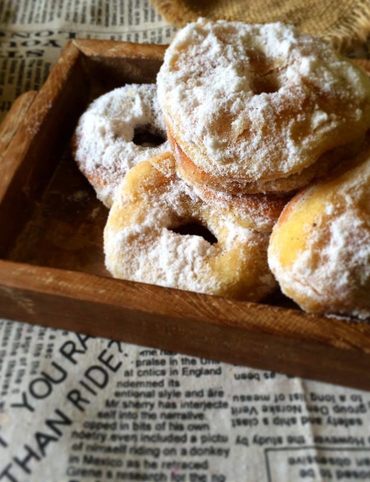
6 Sweet and Savory Snacks Concocted in Utah
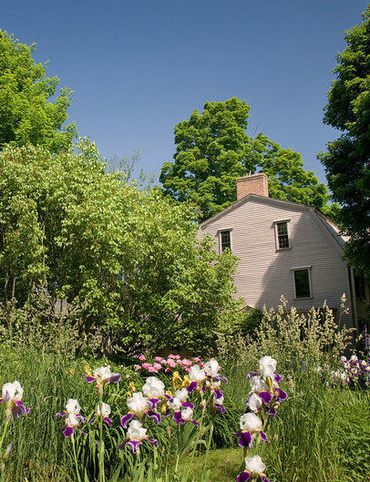
12 Places in Massachusetts Where Literature Comes to Life
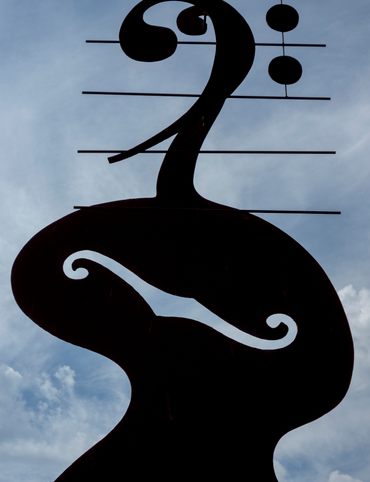
8 Places to Get Musical in Minnesota
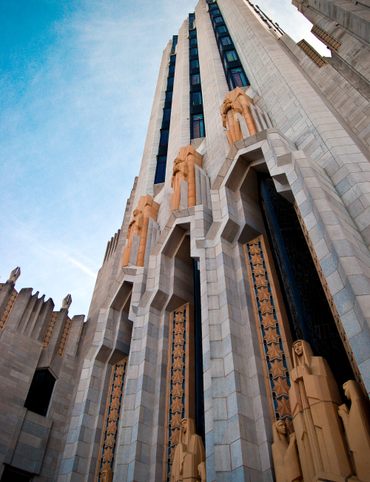
8 Buildings That Prove Oklahoma's an Eclectic Art Paradise
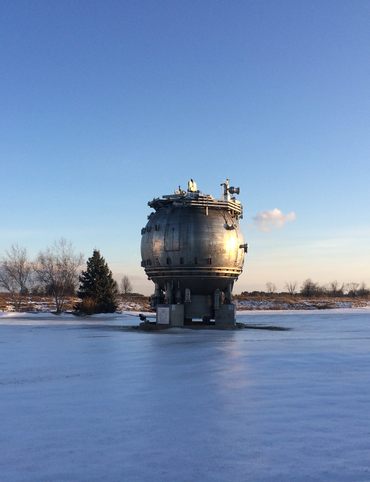
9 Stunning Scientific Sites in Illinois
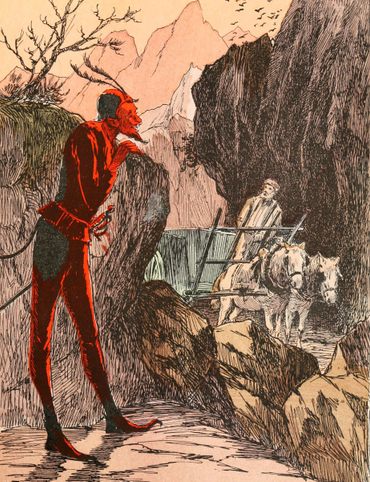
5 Strange and Satanic Spots in New Hampshire
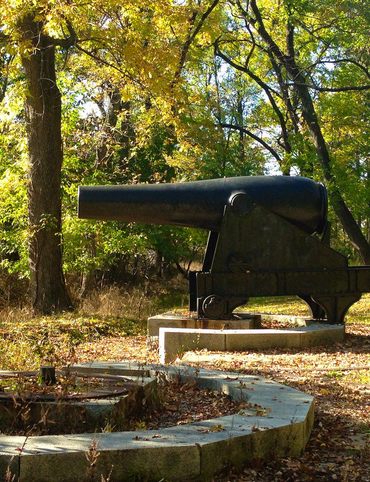
8 Historic Military Relics in Maryland
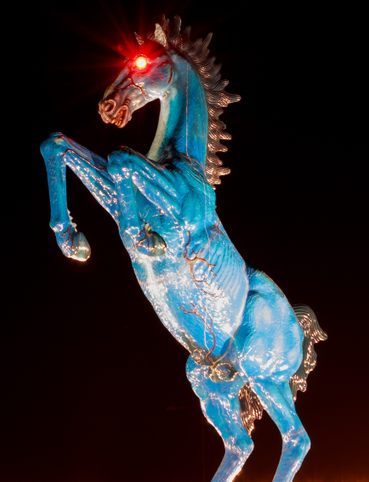
5 of Colorado's Least-Natural Wonders

Rogue Routes: The Road to Sky’s the Limit

6 Hallowed Grounds in South Carolina
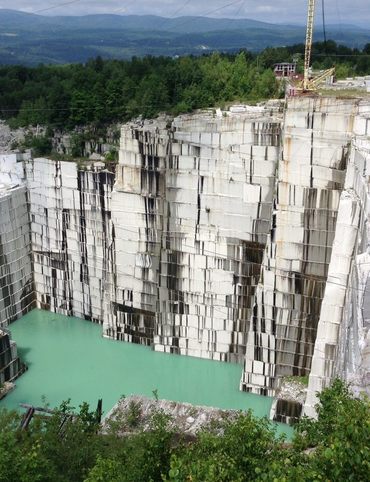
9 Rocking Places in Vermont

Knoxville Study Guide
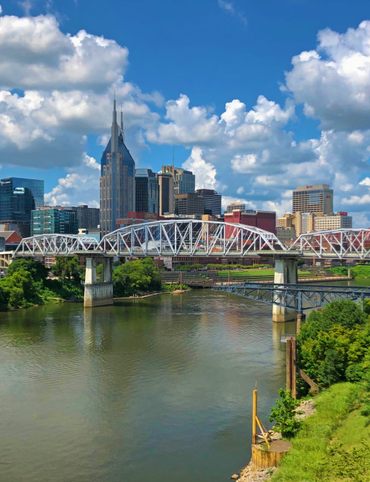
Nashville Study Guide
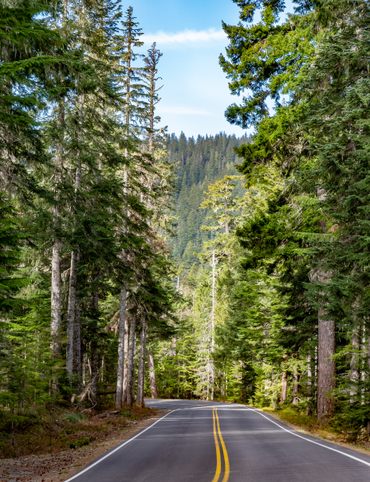
Rogue Routes: The Road to Camp Colton
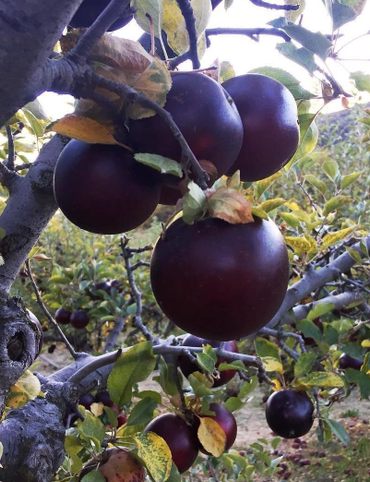
Black Apples and 6 Other Southern Specialties Thriving in Arkansas
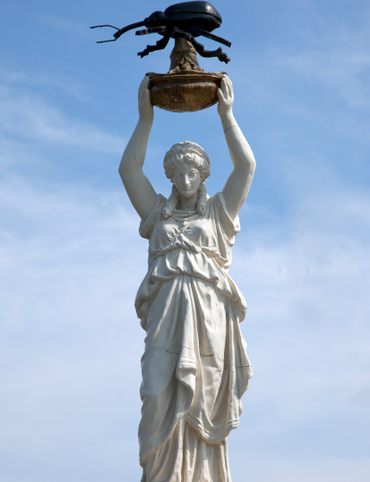
4 Monuments to Alabama’s Beloved Animals

The Dark History of West Virginia in 9 Sites
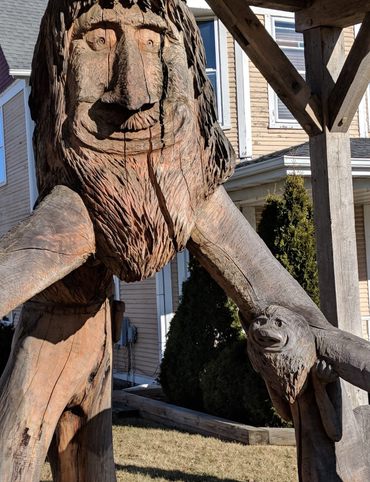
11 Zany Collections That Prove Wisconsin's Quirkiness
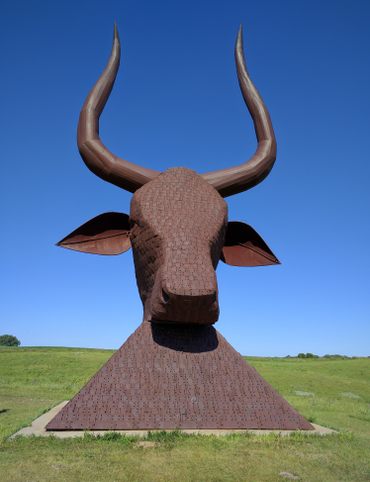
7 Inexplicably Huge Animals in South Dakota
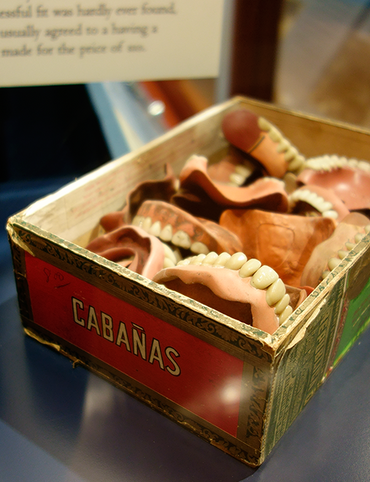
6 Fascinating Medical Marvels in Pennsylvania
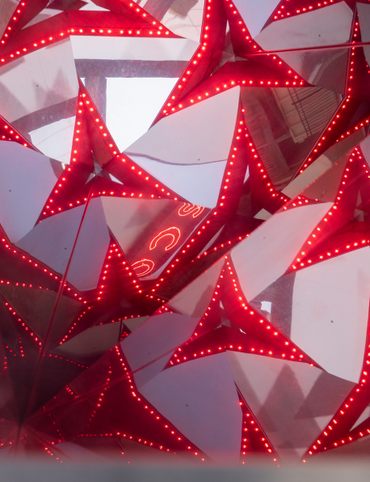
8 Places in Virginia That Aren’t What They Seem
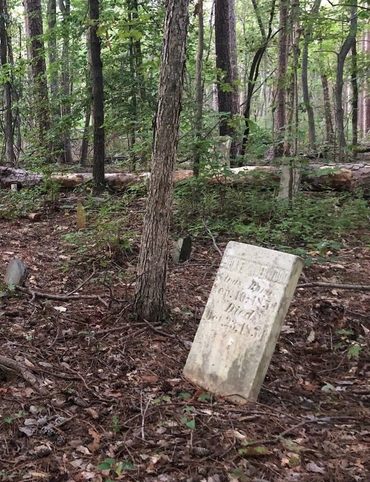
7 Cool, Creepy, and Unusual Graves Found in North Carolina
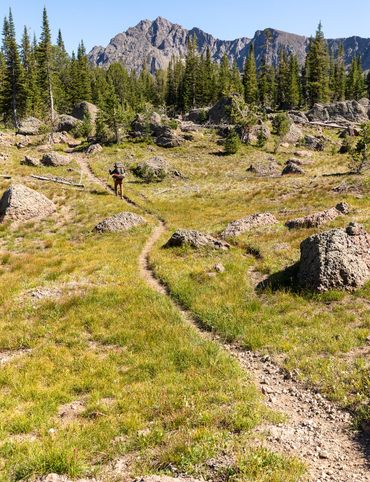
7 of Montana's Spellbinding Stone Structures
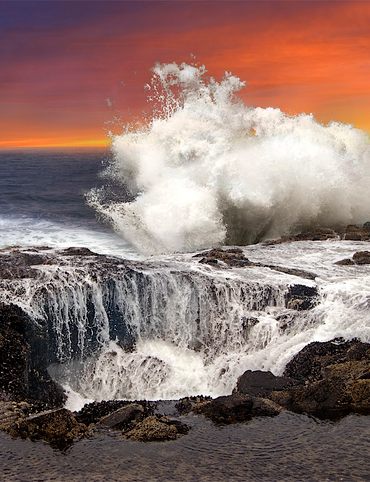
9 of Oregon’s Most Fascinating Holes and Hollows

Take to the Skies With These 9 Gravity-Defying Sites in Ohio
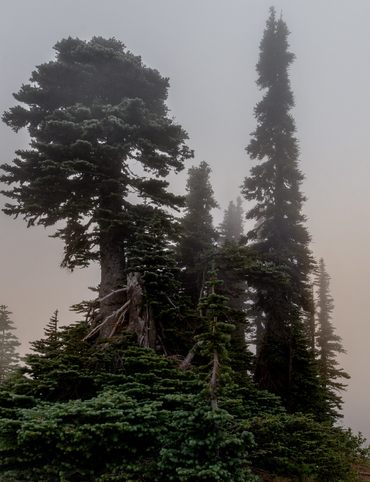
9 Strange and Surreal Spots in Washington State
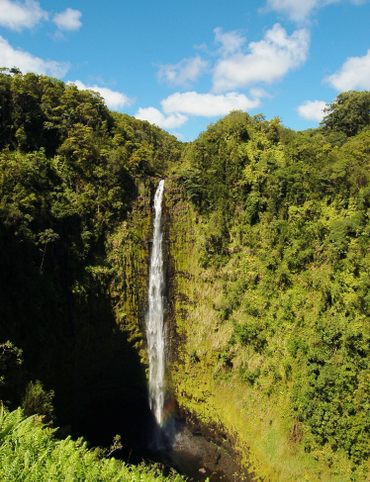
8 Watery Wonders in Hawaiʻi, Without Setting Foot in the Ocean
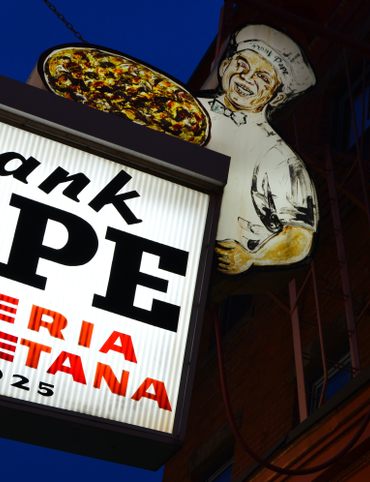
6 Unusual Eats Curiously Cooked Up in Connecticut

11 Close Encounters With Aliens and Explosions in New Mexico
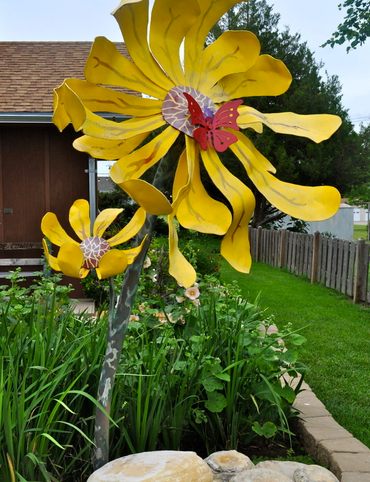
10 Places to Trip Way Out in Kansas
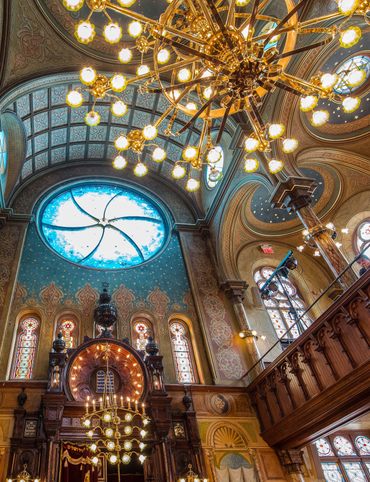
The Resilience of New York in 10 Remarkable Sites

7 Very Tall Things in Very Flat North Dakota
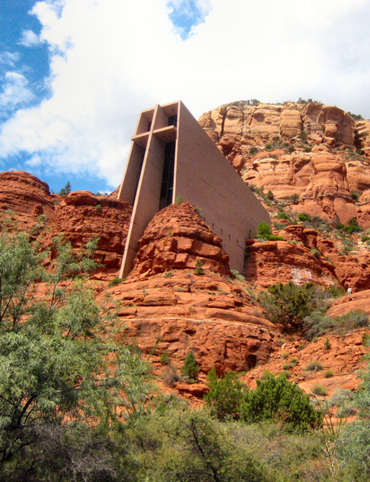
8 Blissfully Shady Spots to Escape the Arizona Sun
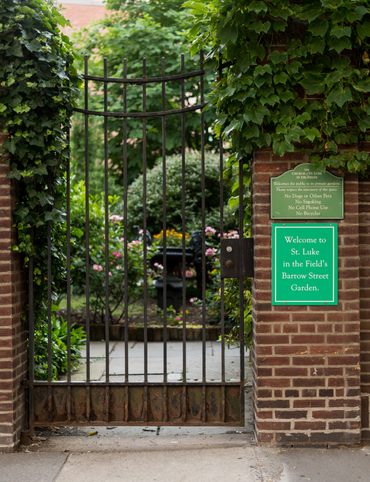
On the Run: NYC
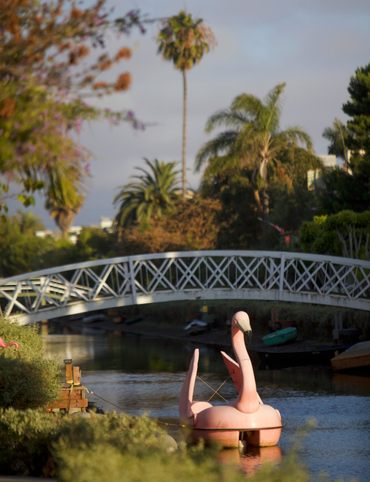
On the Run: Los Angeles

9 Surprisingly Ancient Marvels in Modern California
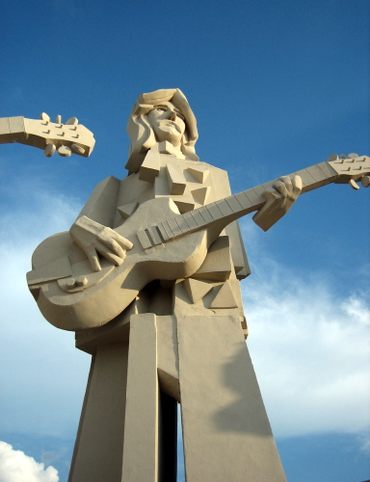
10 Art Installations That Prove Everything's Bigger in Texas
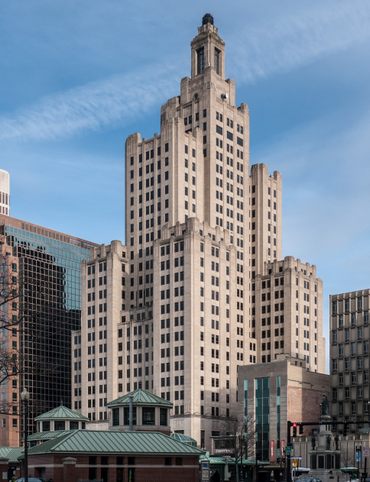
6 Huge Things in Tiny Rhode Island
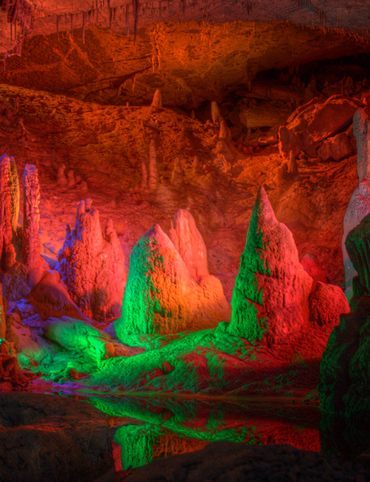
7 Underground Thrills Only Found in Tennessee

Sink Into 7 of Louisiana's Swampiest Secrets

7 Mechanical Marvels in Michigan

11 Wholesome Spots in Nevada
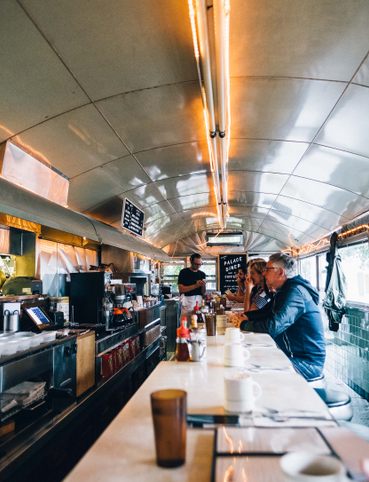
7 Places to Glimpse Maine's Rich Railroad History
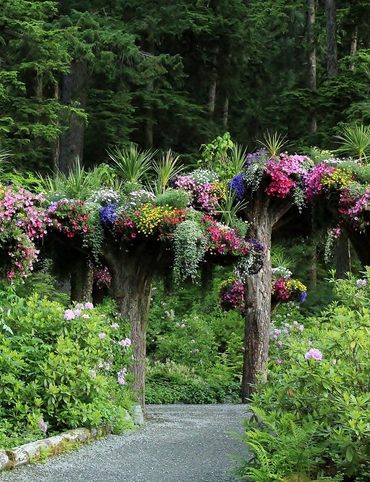
11 Places Where Alaska Bursts Into Color
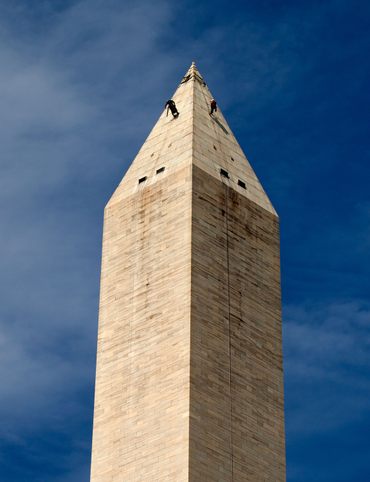
9 Places in D.C. That You're Probably Never Allowed to Go
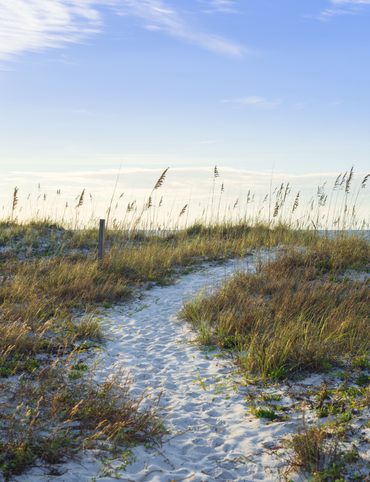
2 Perfect Days in Pensacola
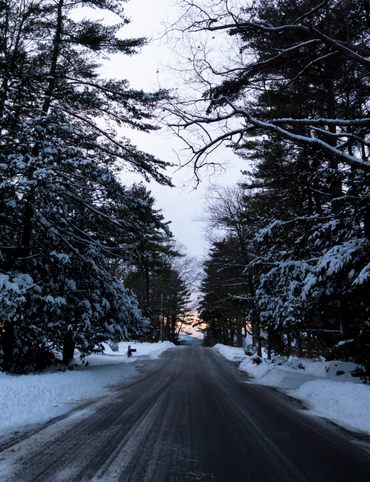
Rogue Routes: The Road to the Ice Castles

Taste of Tucson

North Iceland’s Untamed Coast

Hidden Edinburgh
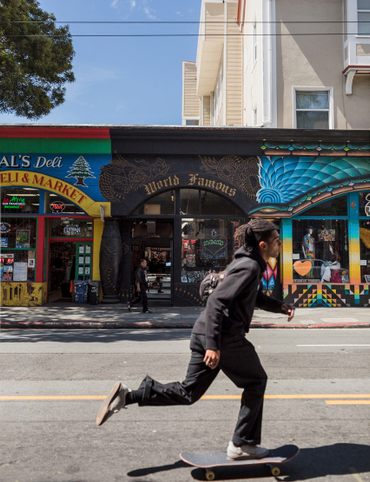
Hidden Haight-Ashbury
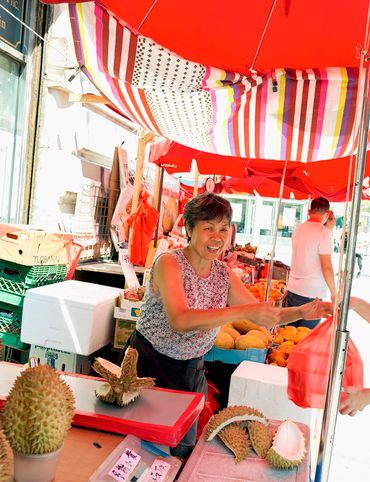
The Many Flavors of NYC’s Five Boroughs
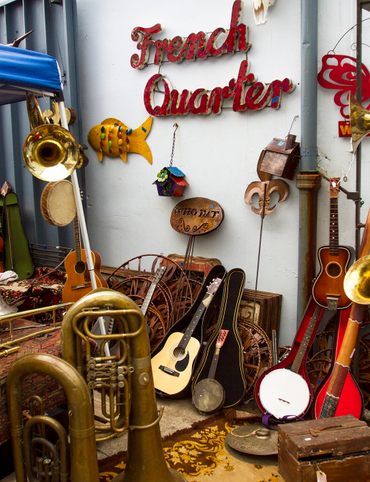
Hidden French Quarter
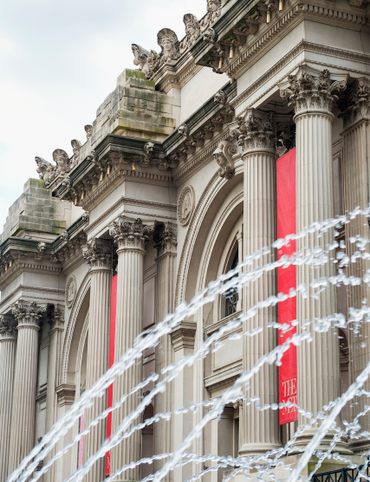
The Metropolitan Museum of Art
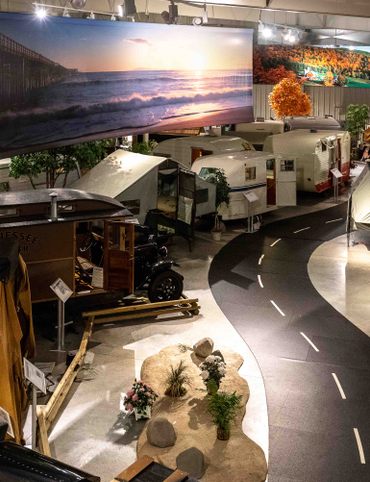
Motown to Music City Road Trip
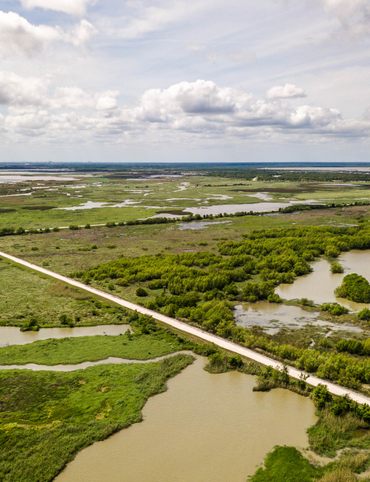
Gulf Coast Road Trip

Hidden Coachella Valley
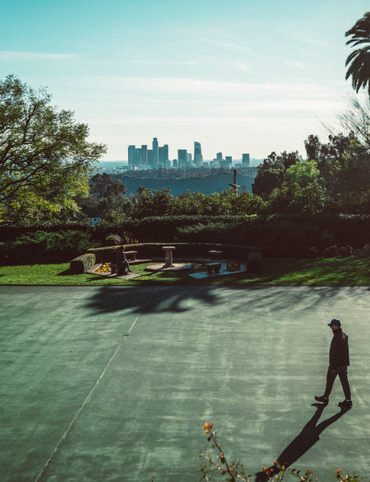
Highland Park

Venice
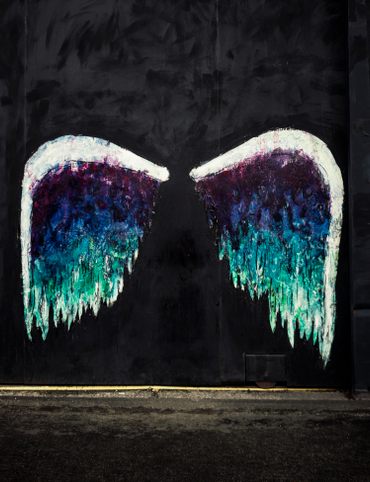
L.A.’s Downtown Arts District

Hidden Trafalgar Square

Secrets of NYC’s Five Boroughs
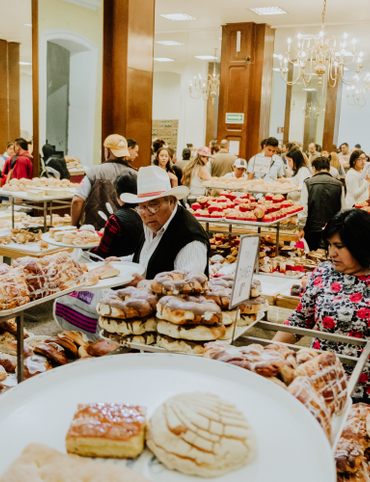
Mexico City's Centro Histórico

Hidden Hollywood
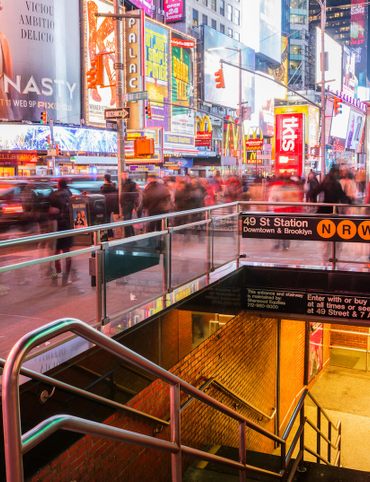
Hidden Times Square

Summer Radio Road-Trip
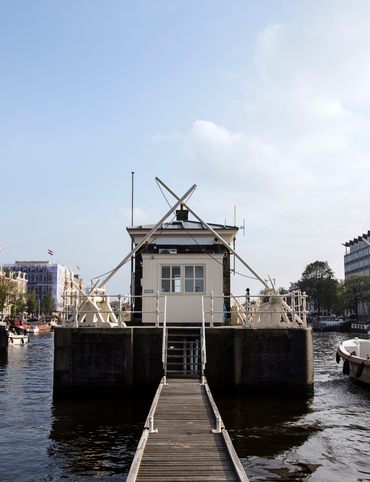
Amsterdam
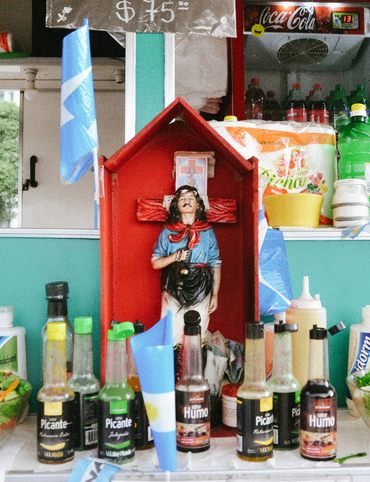
Buenos Aires
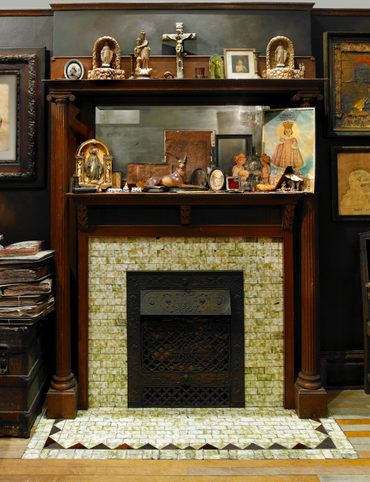
Chicago
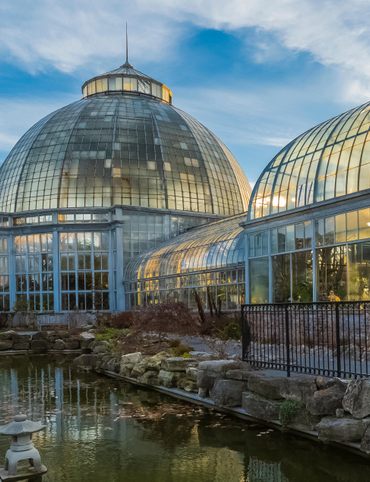
Detroit
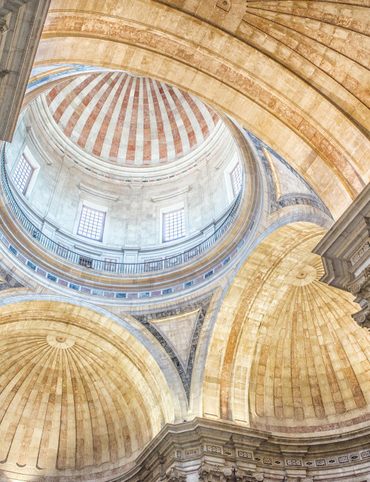
Lisbon

Miami
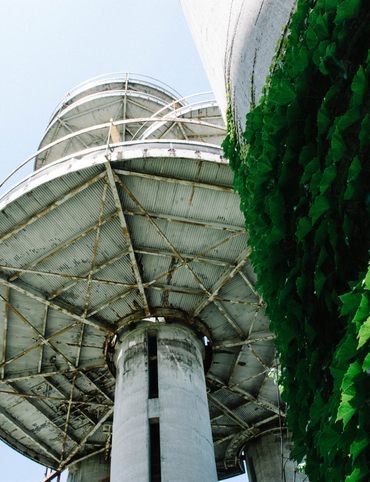
Queens

San Diego
